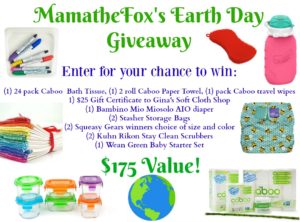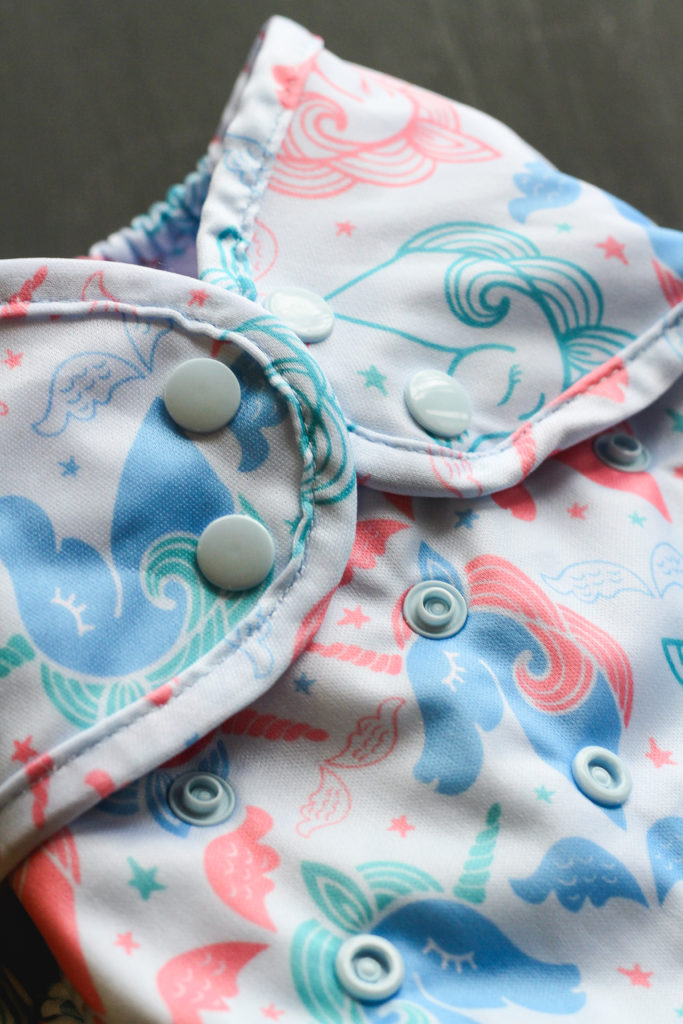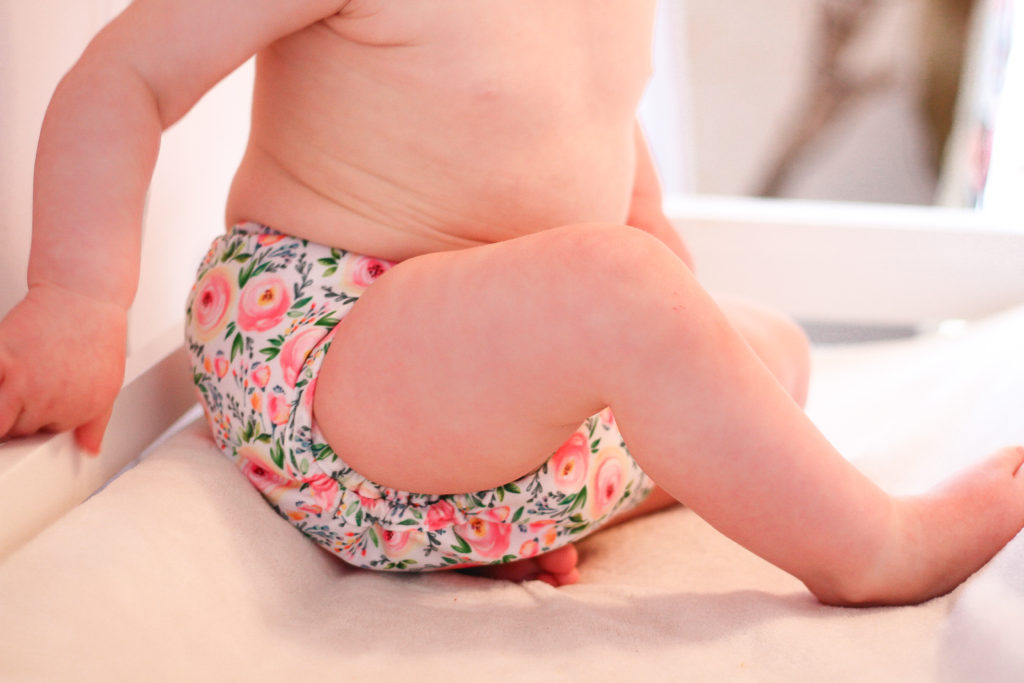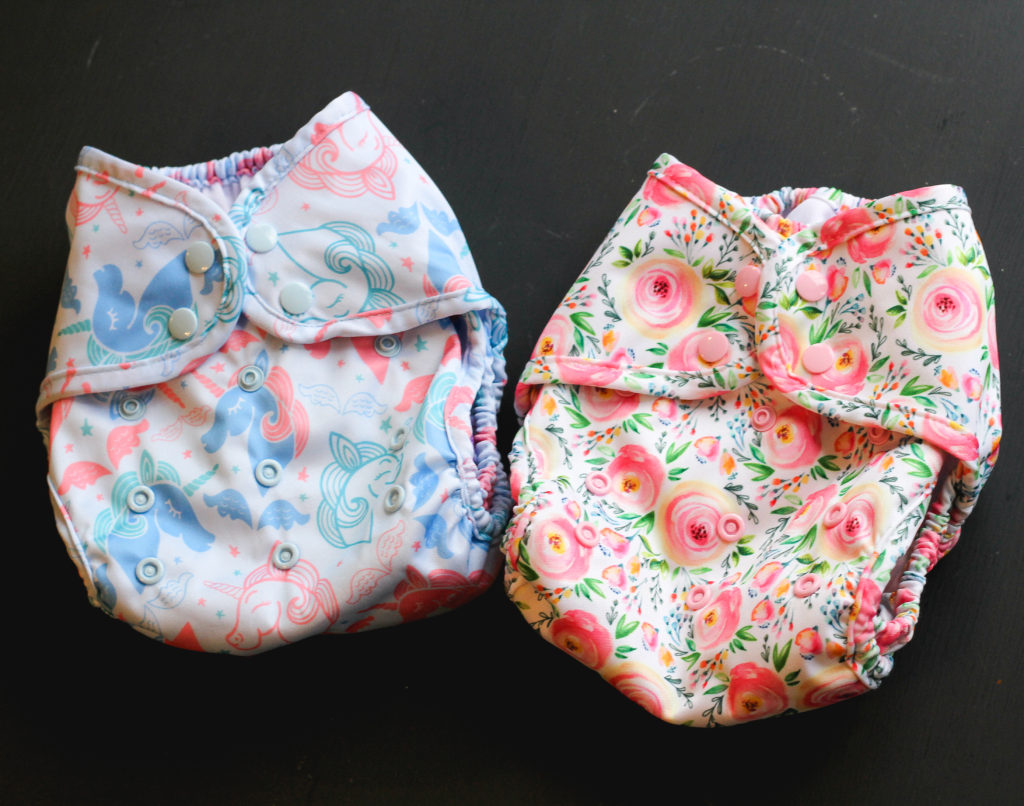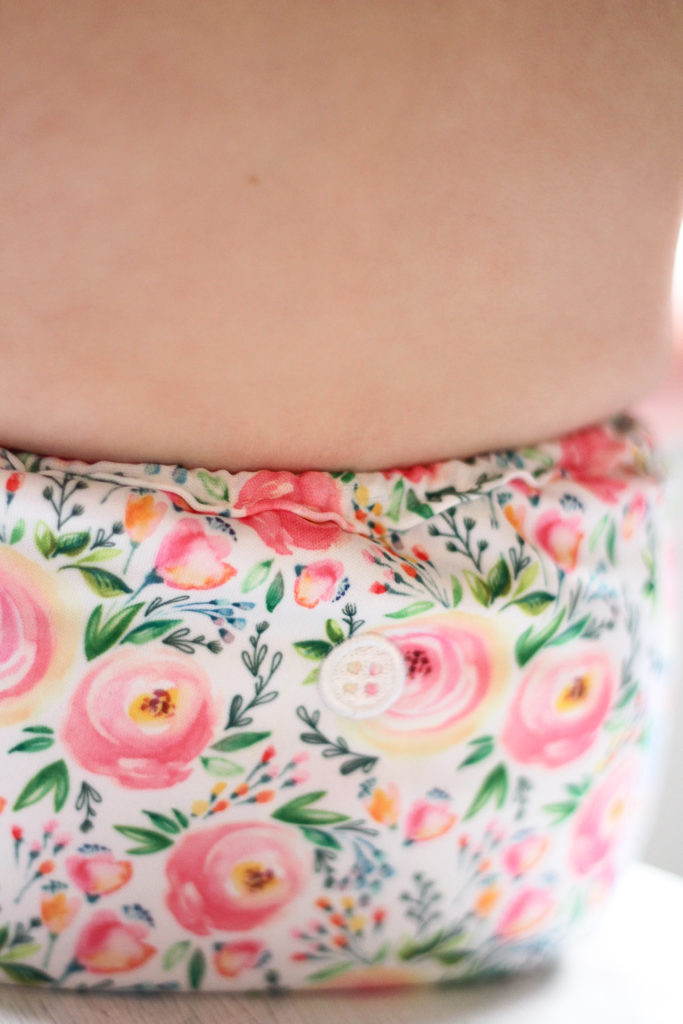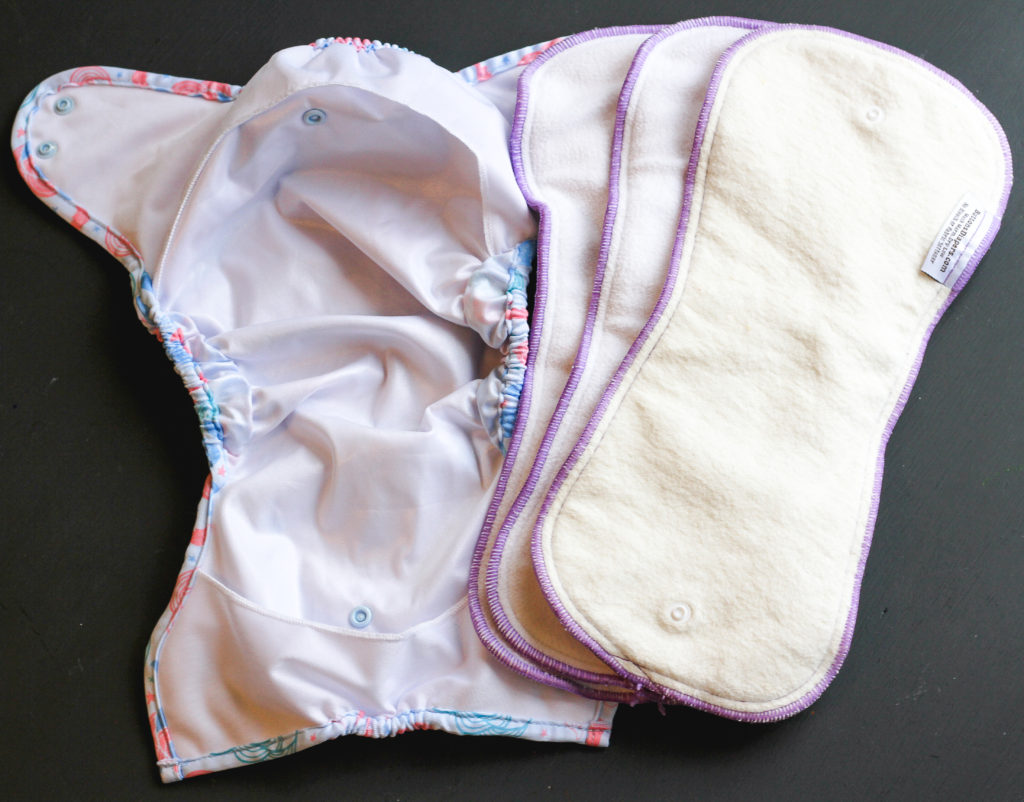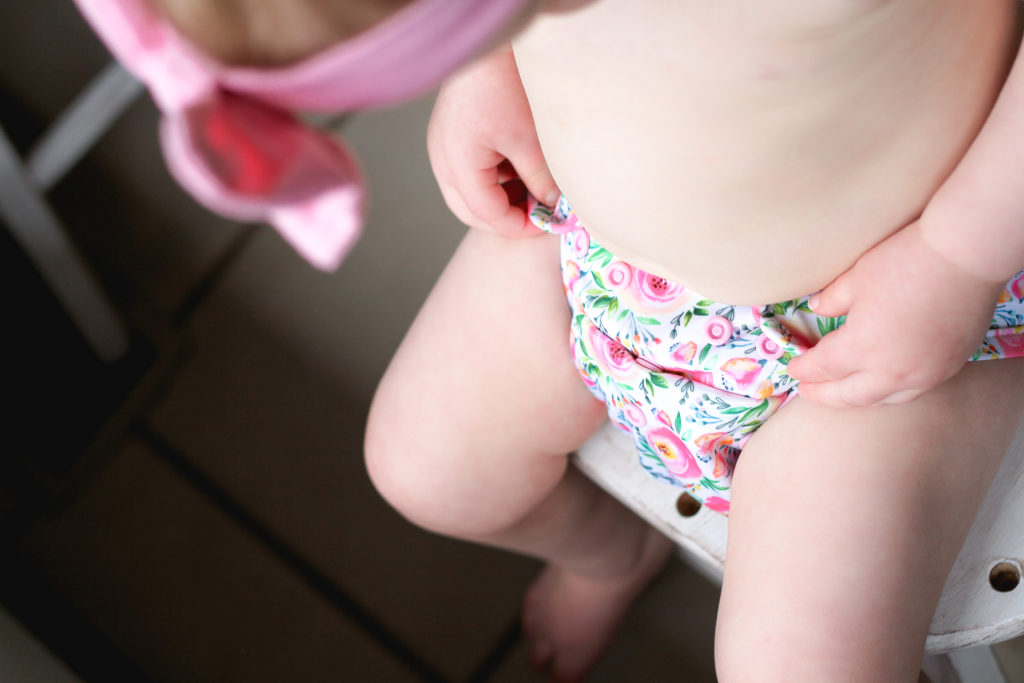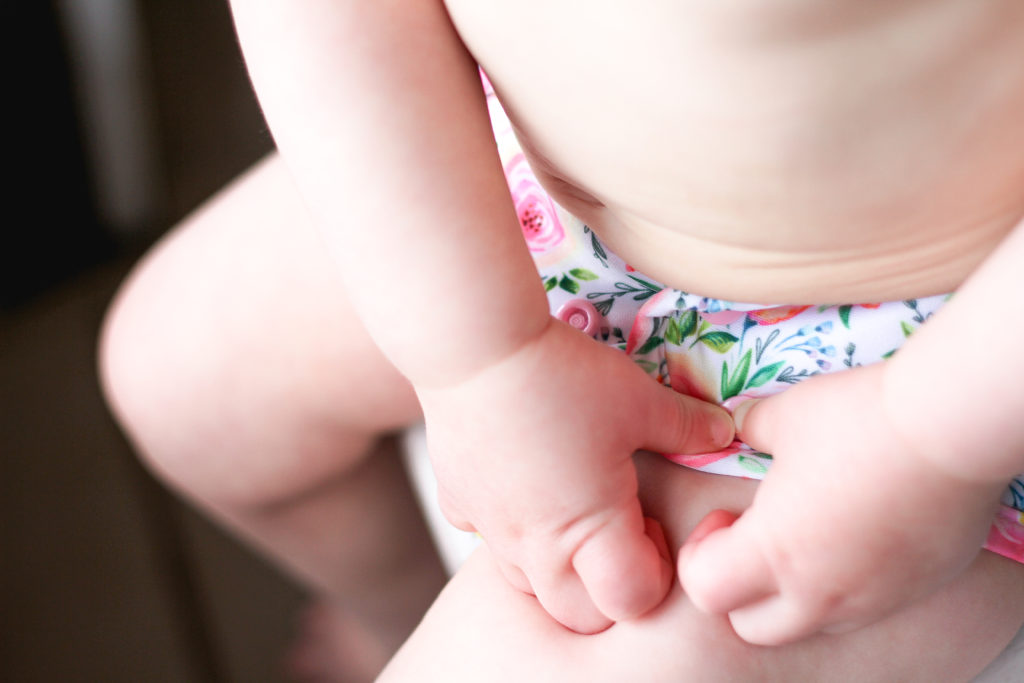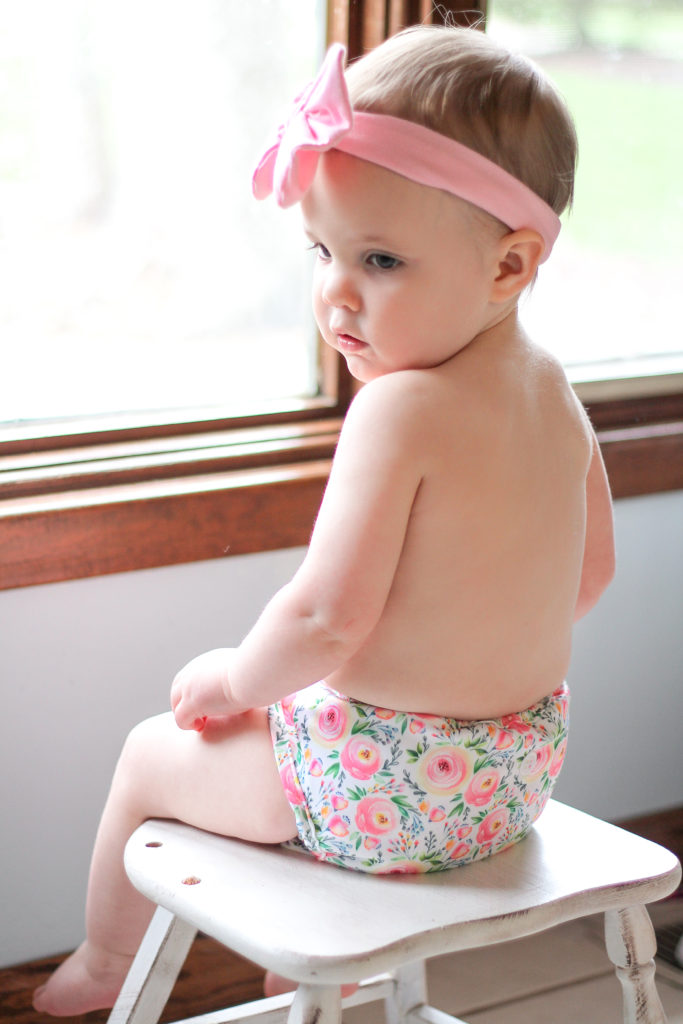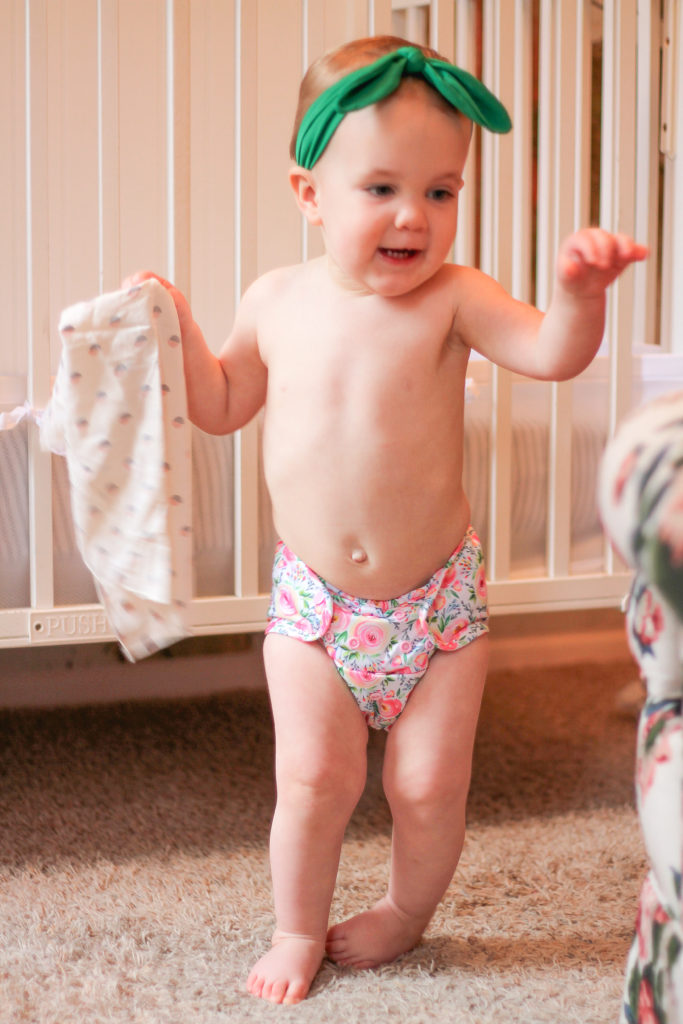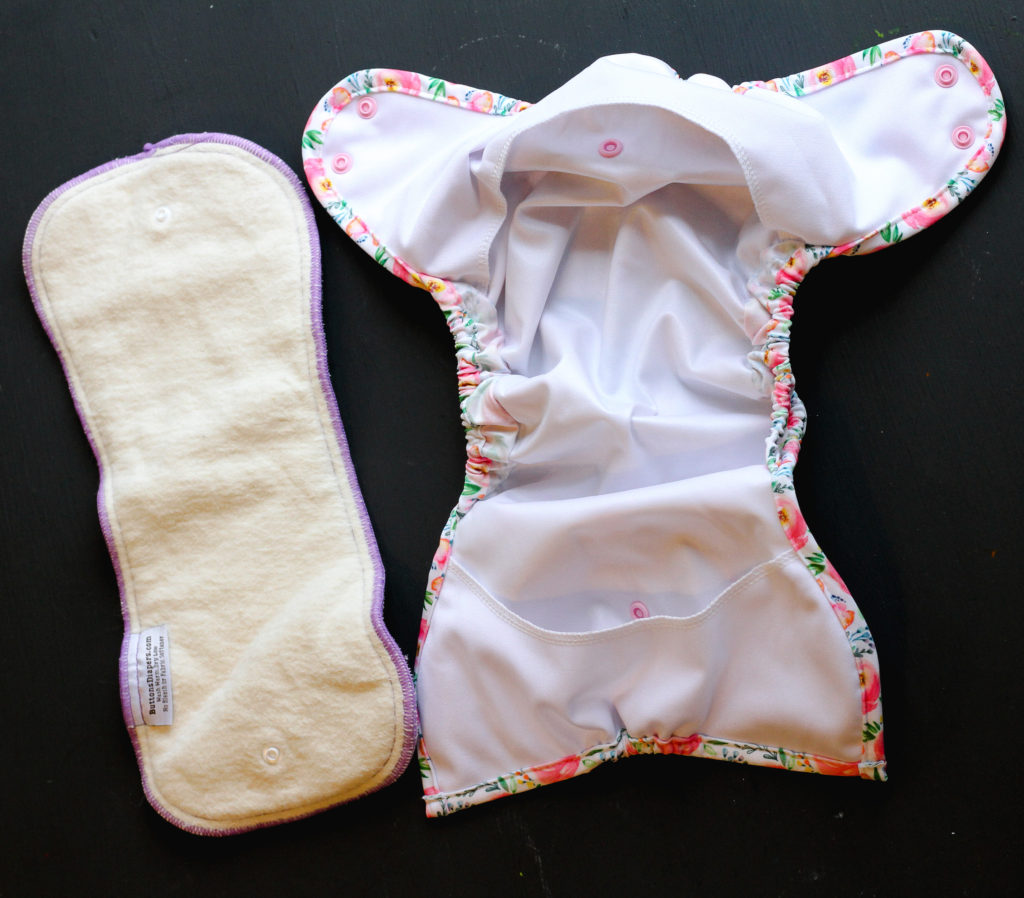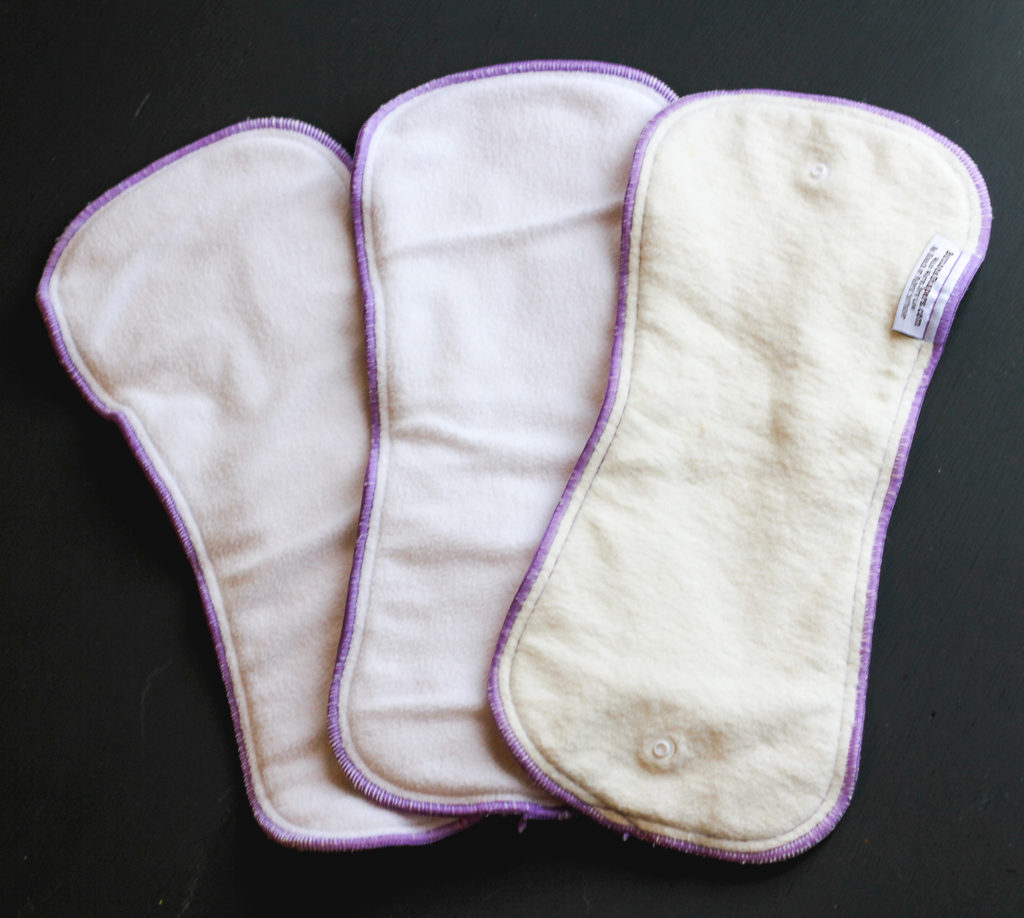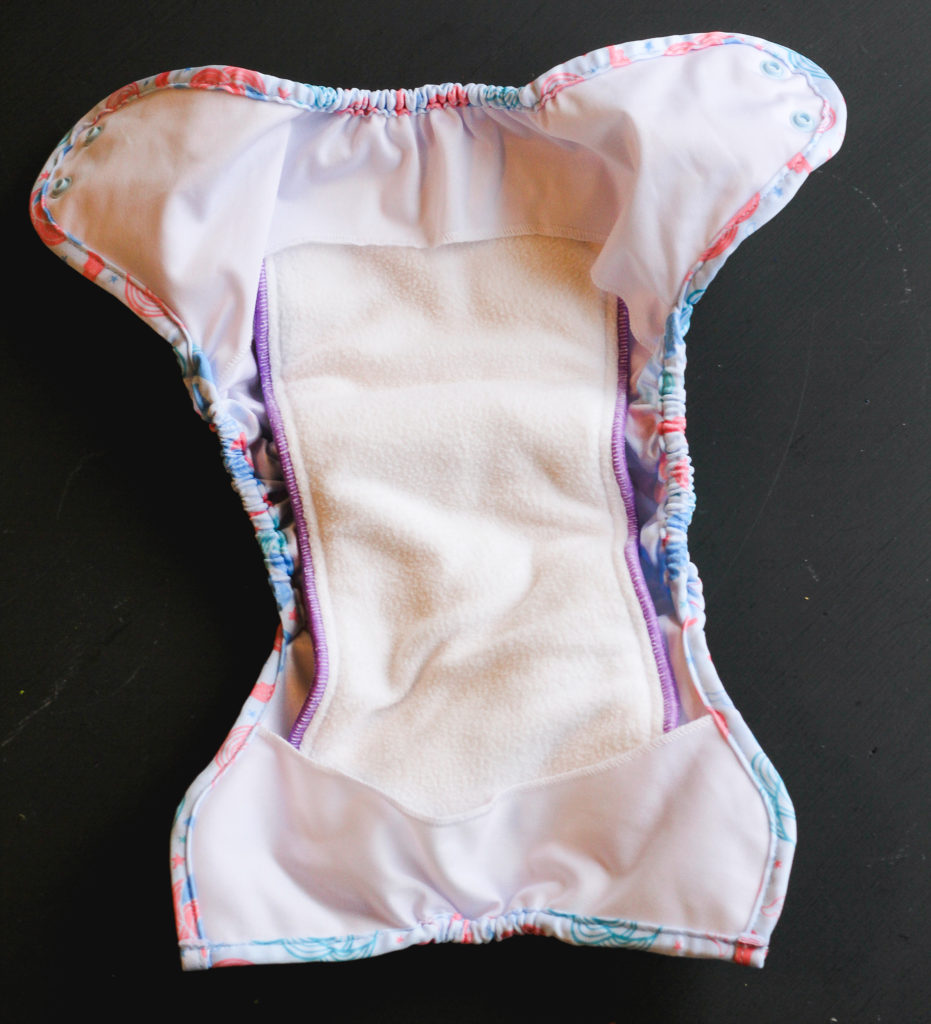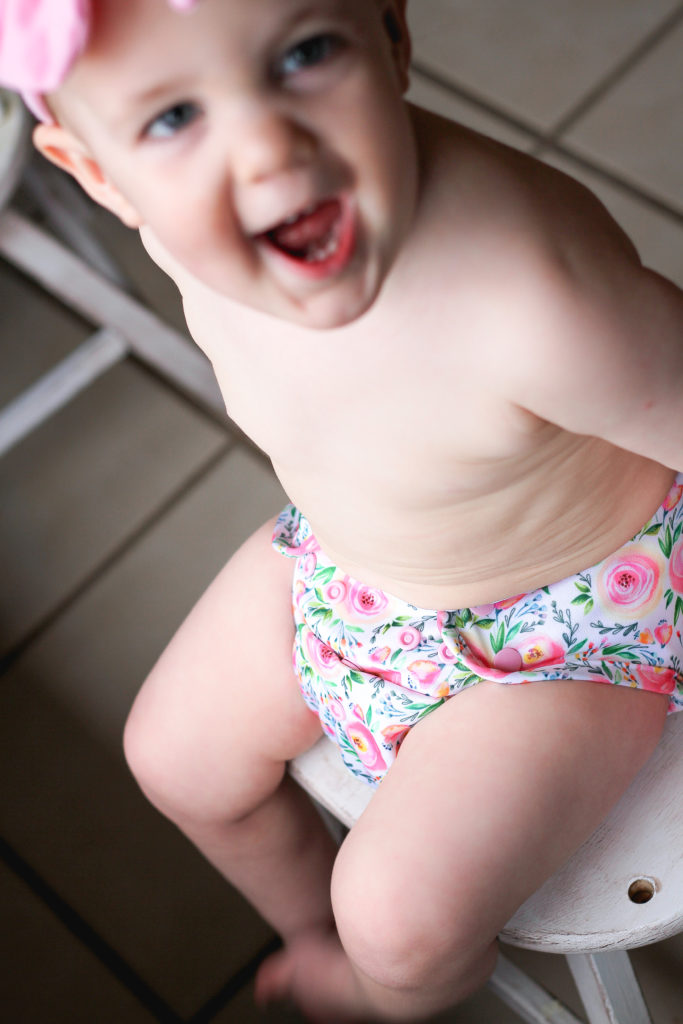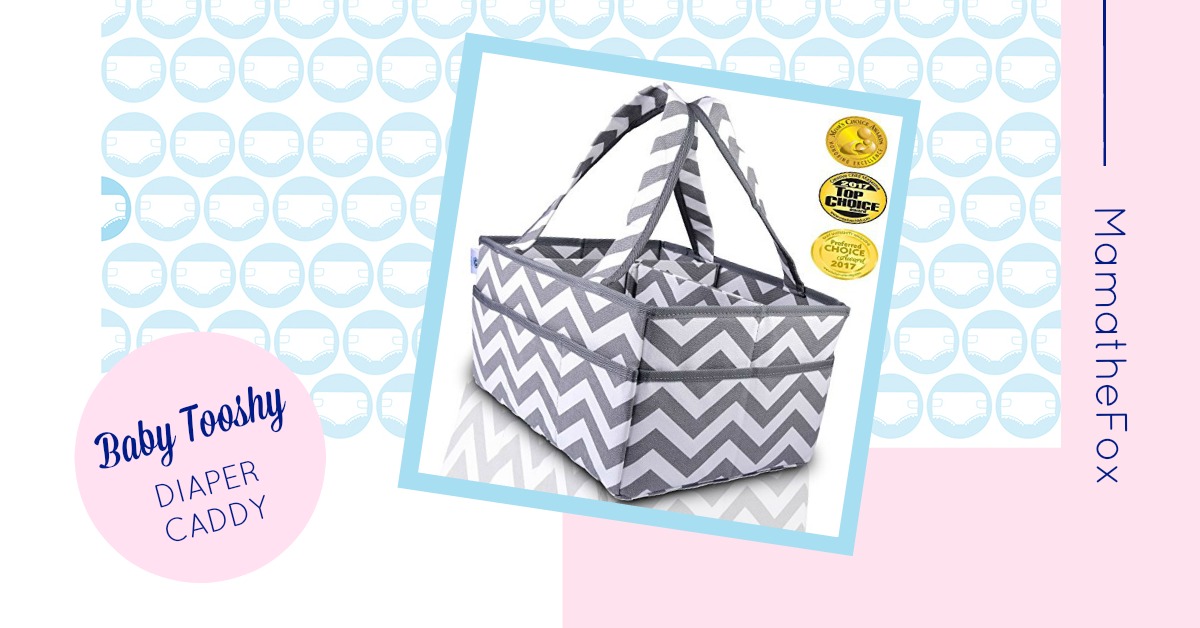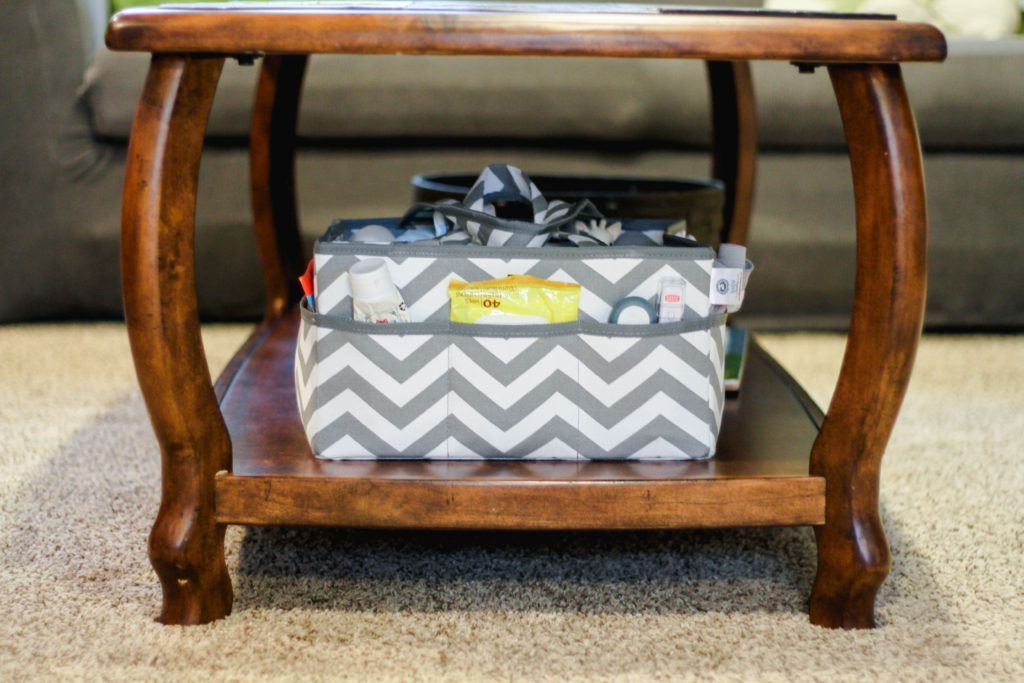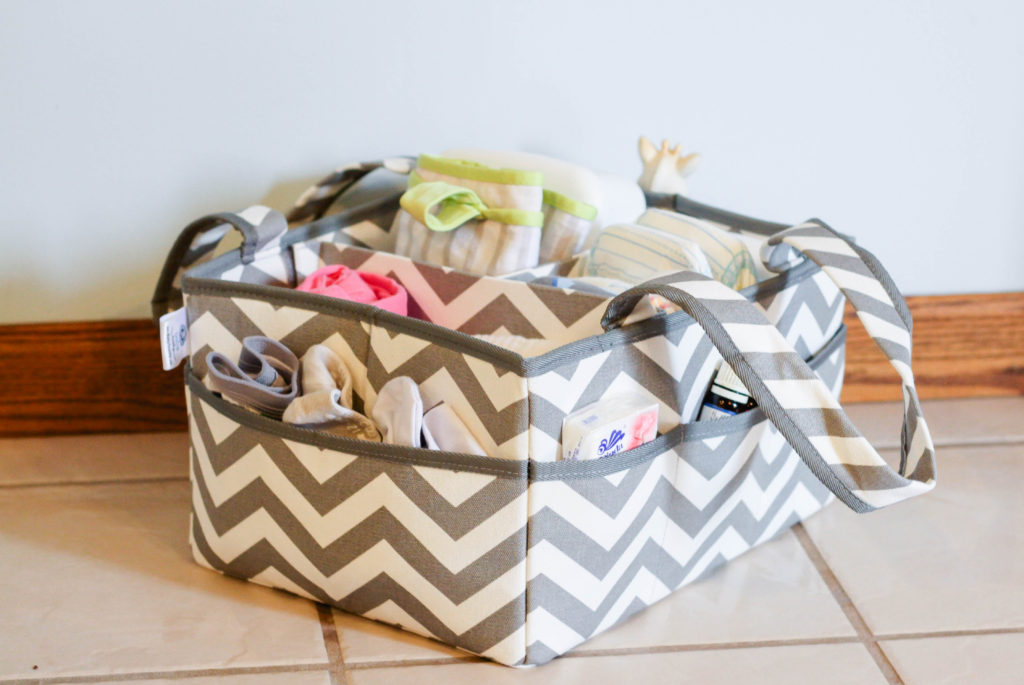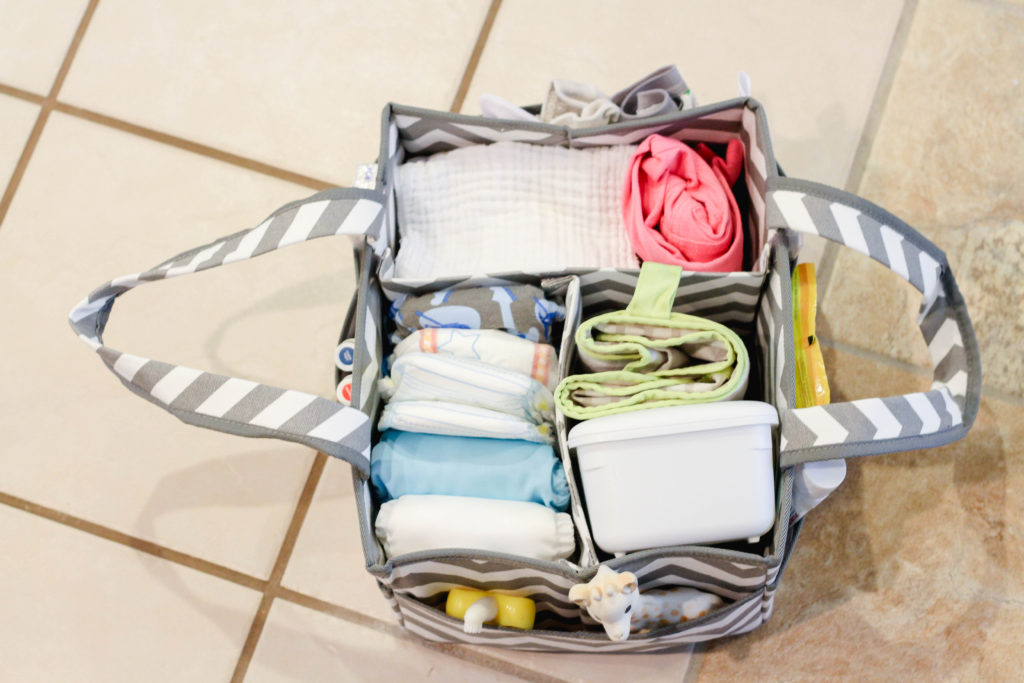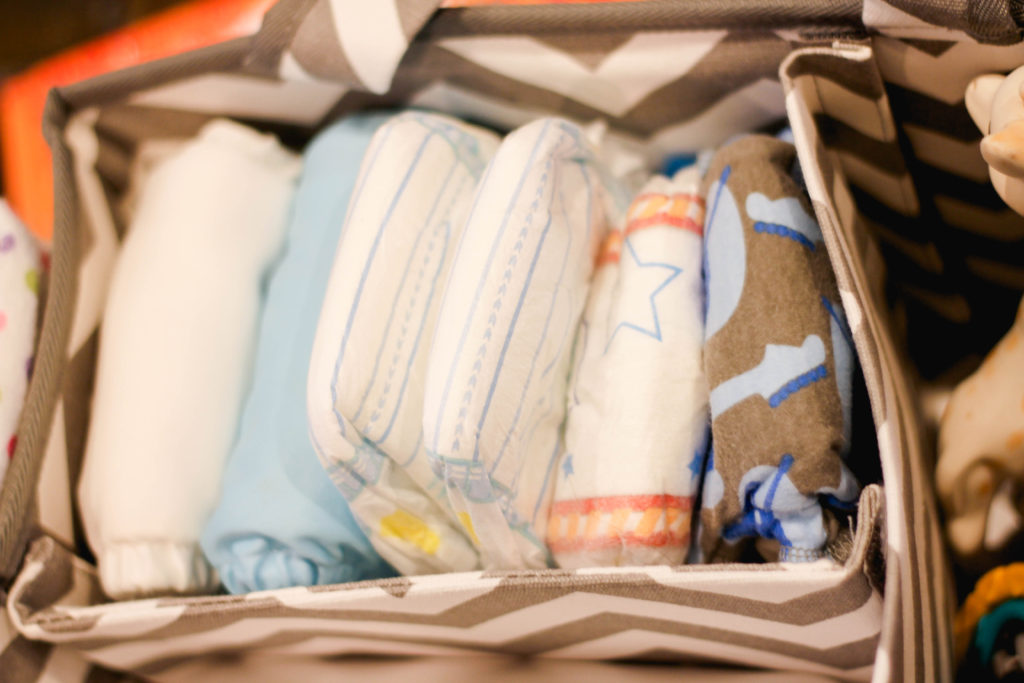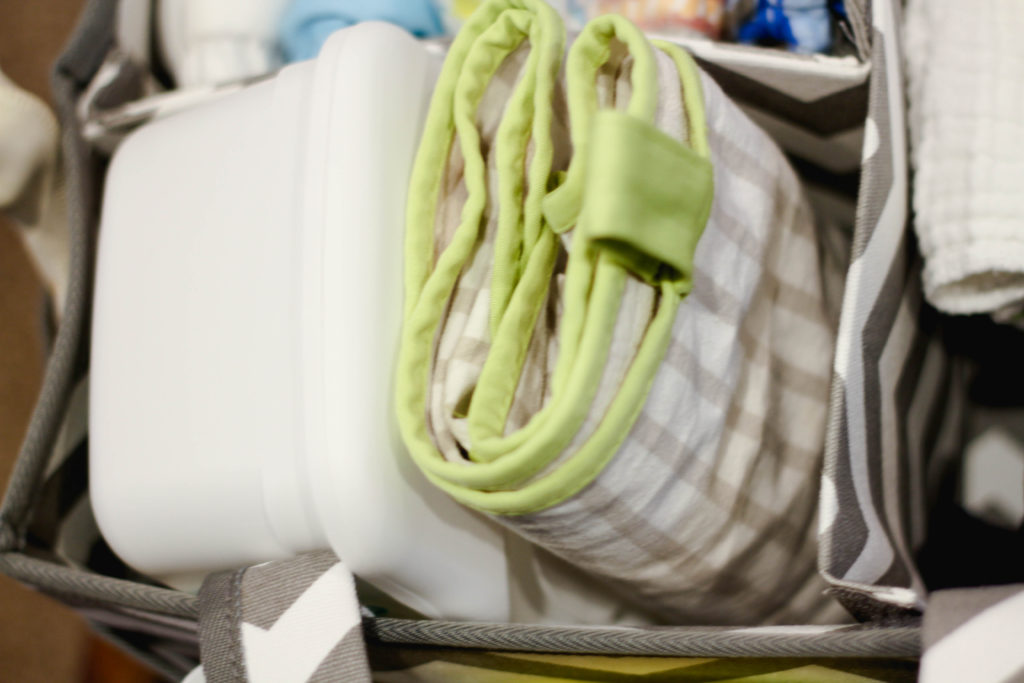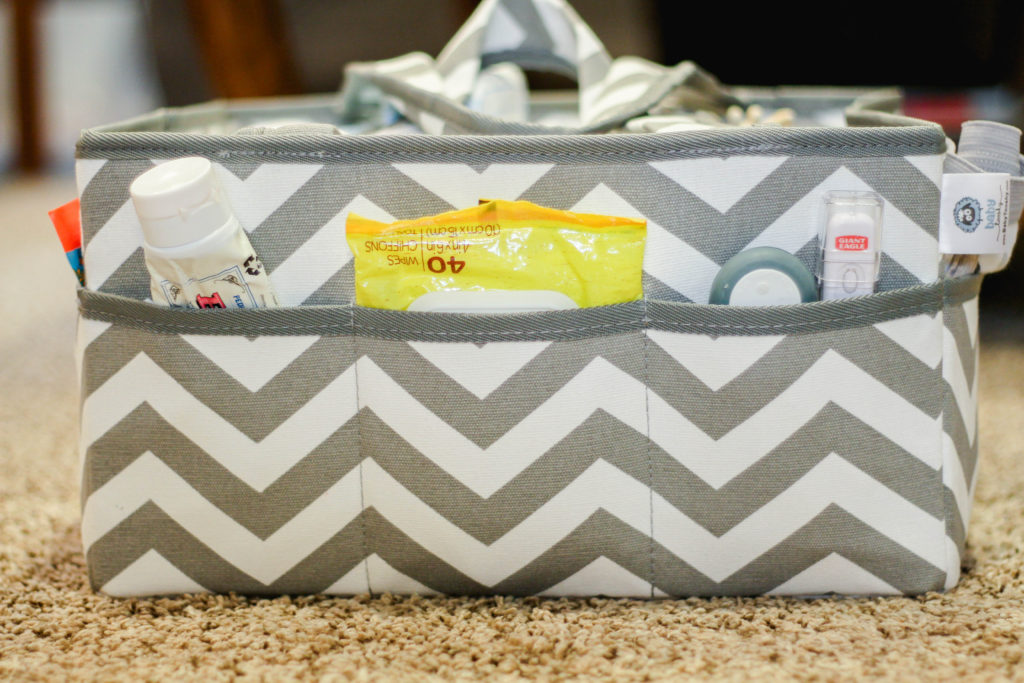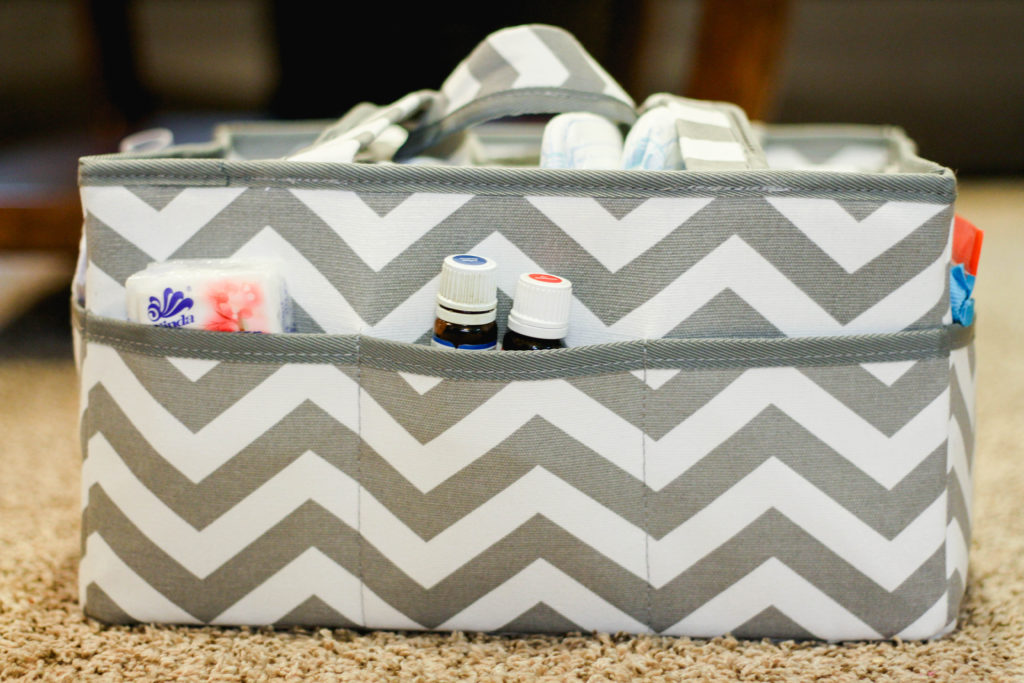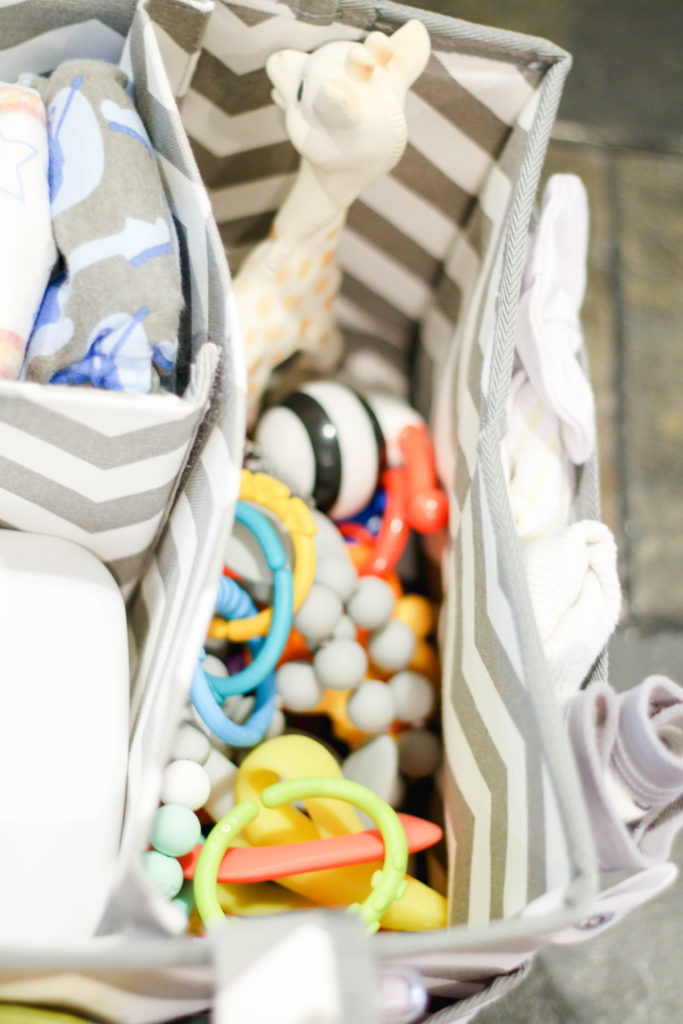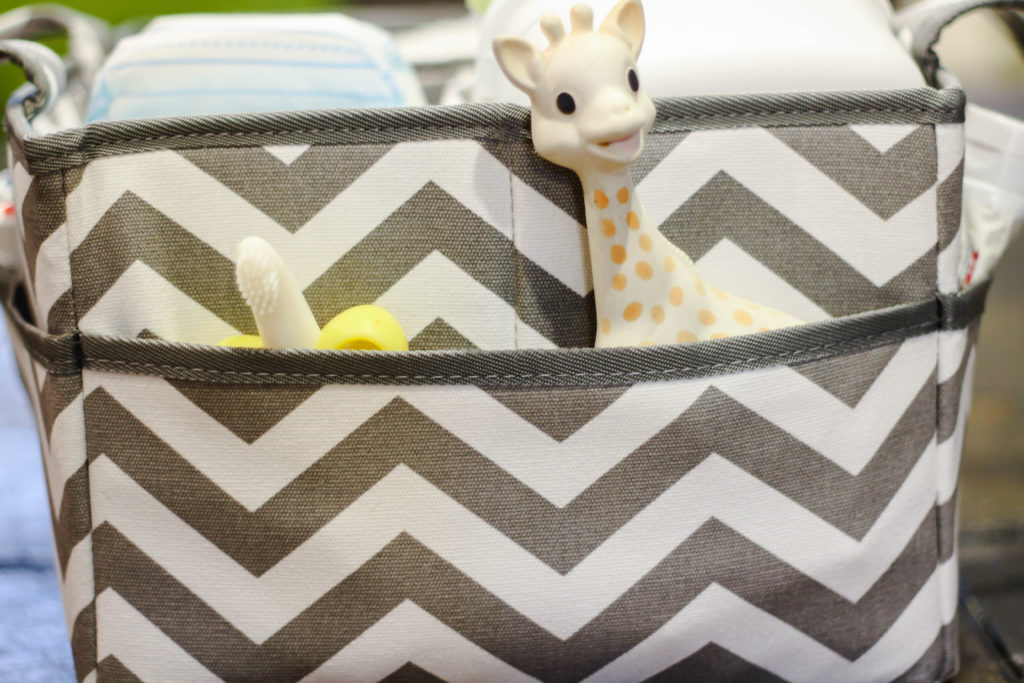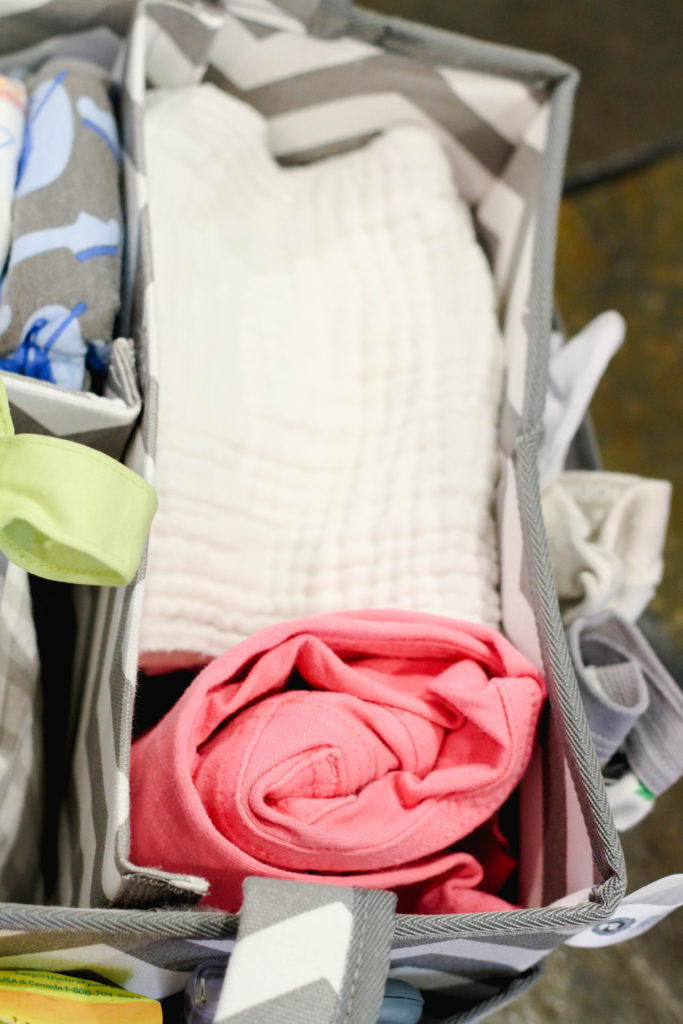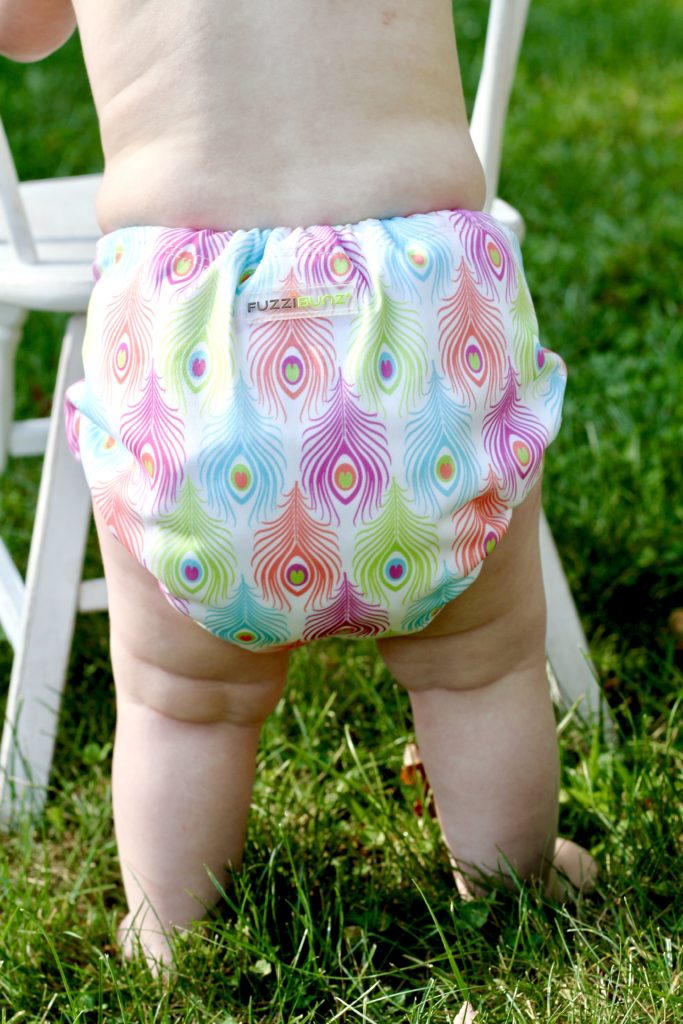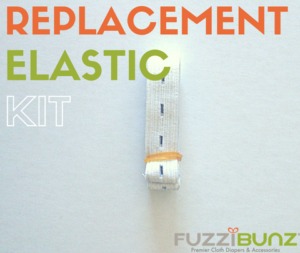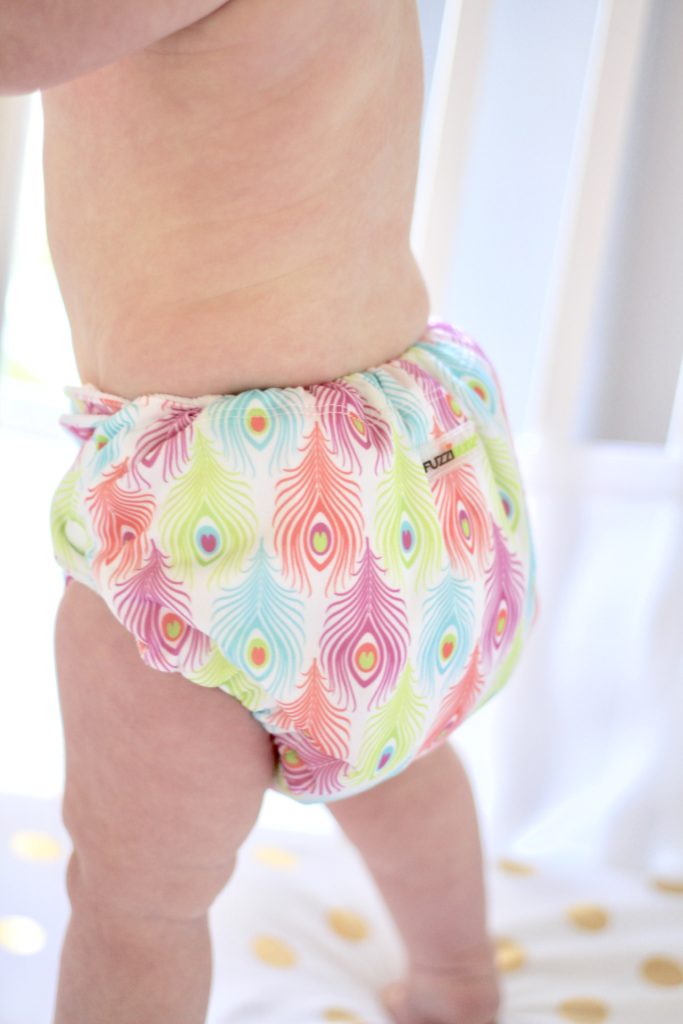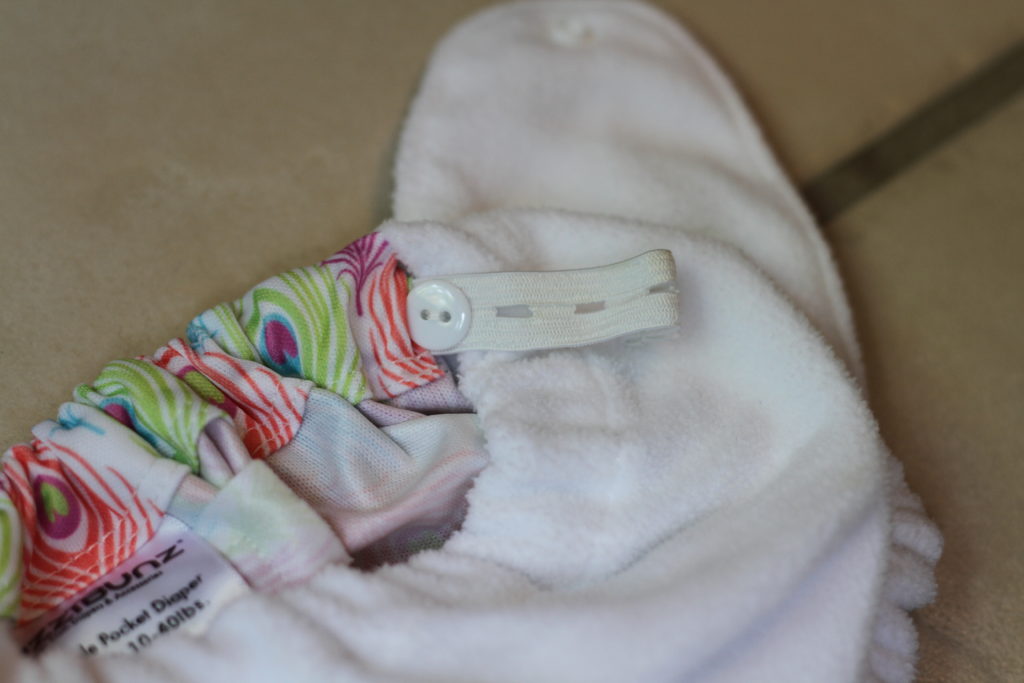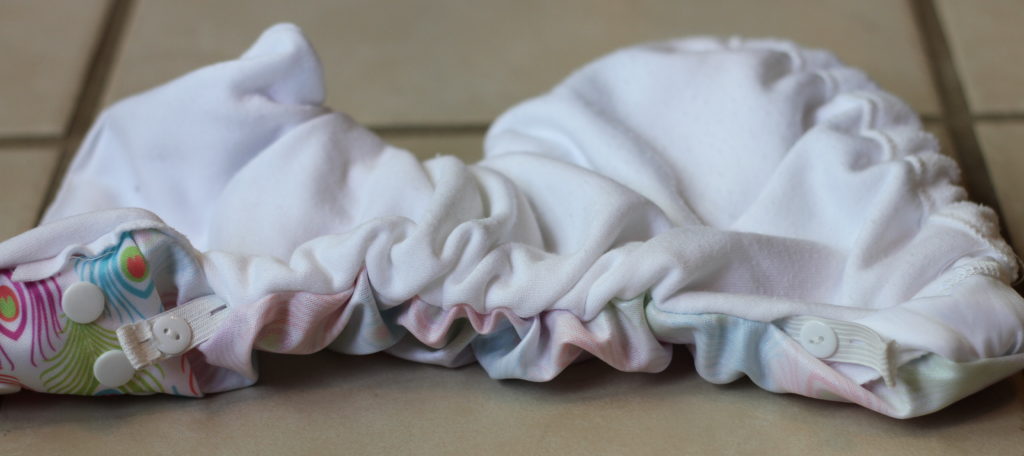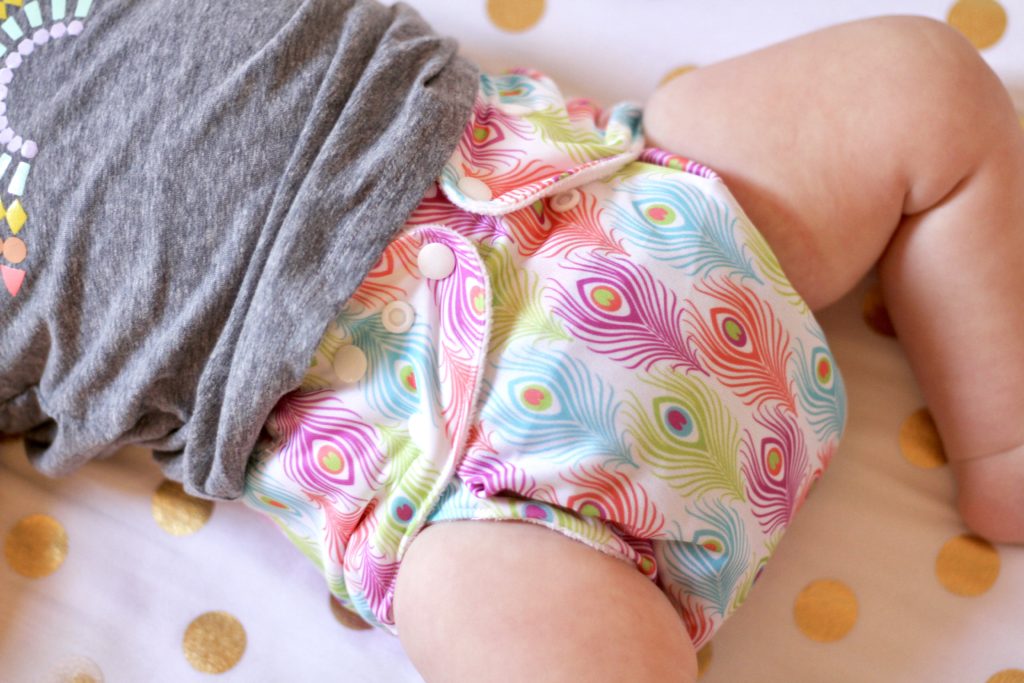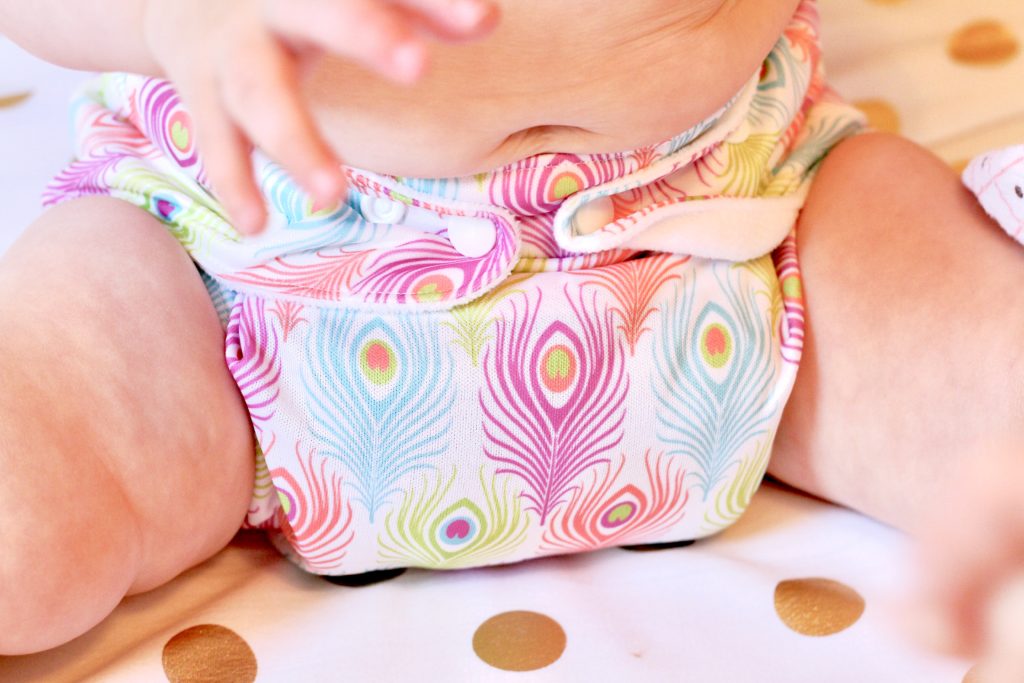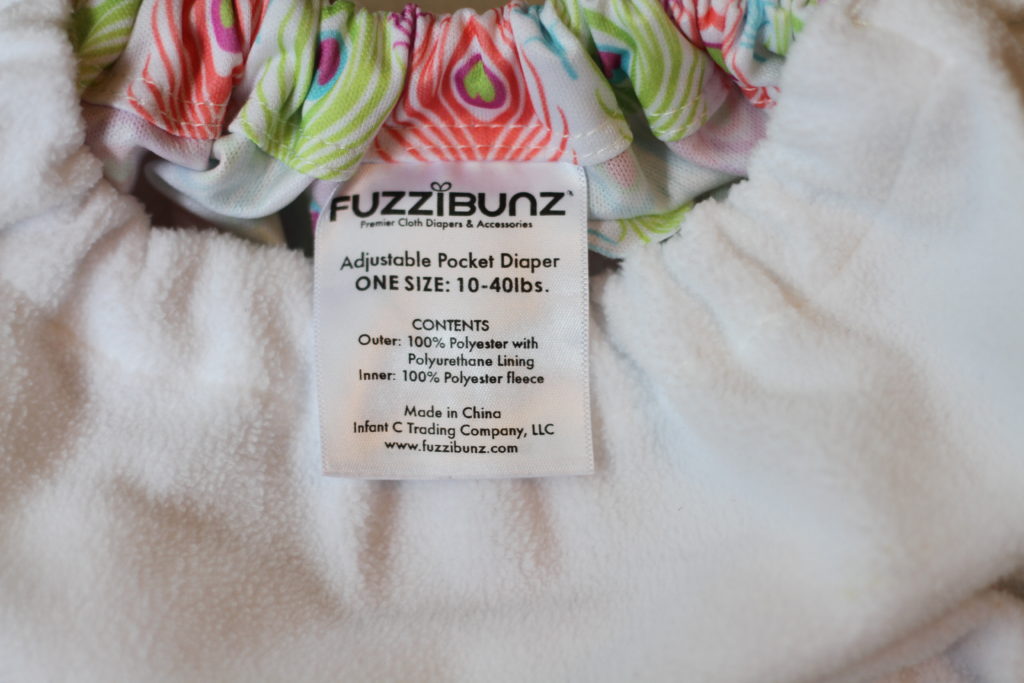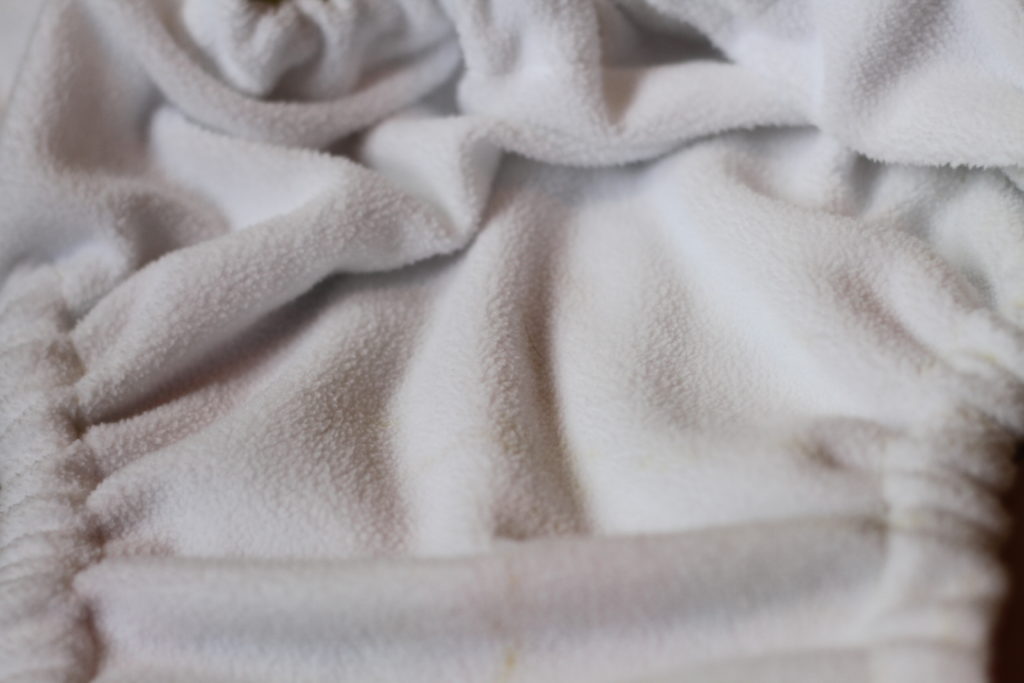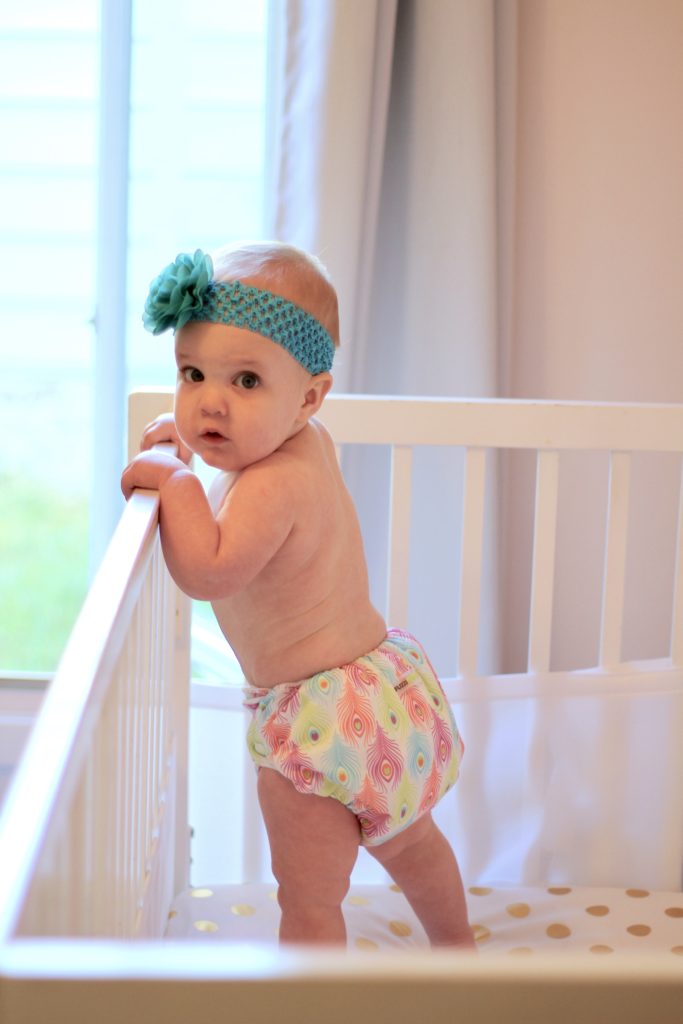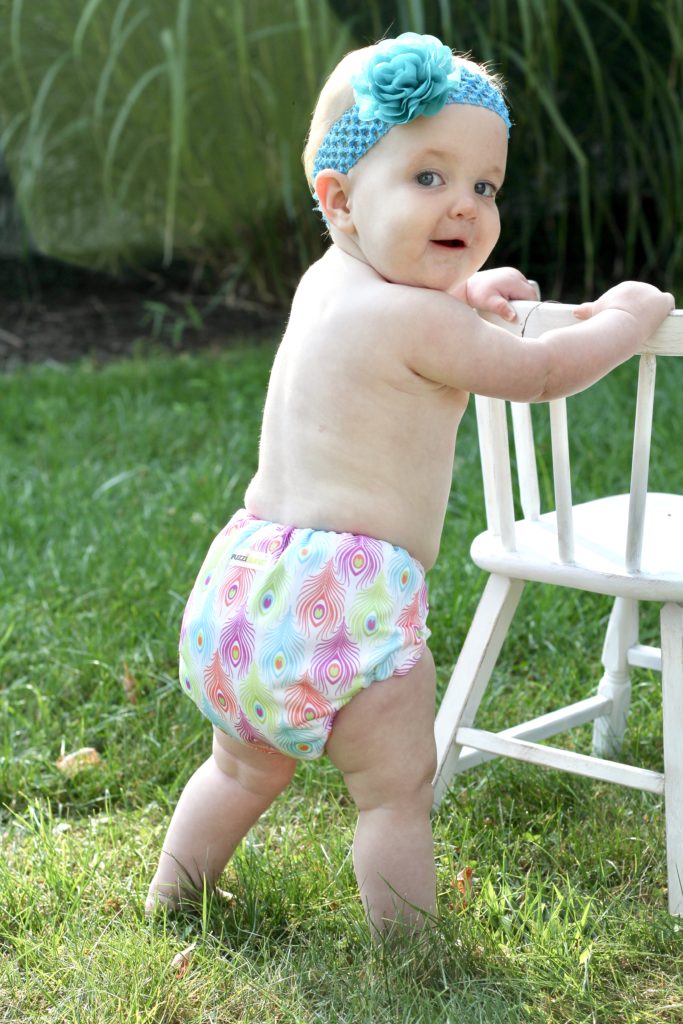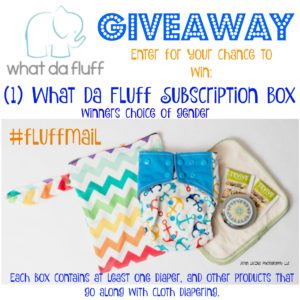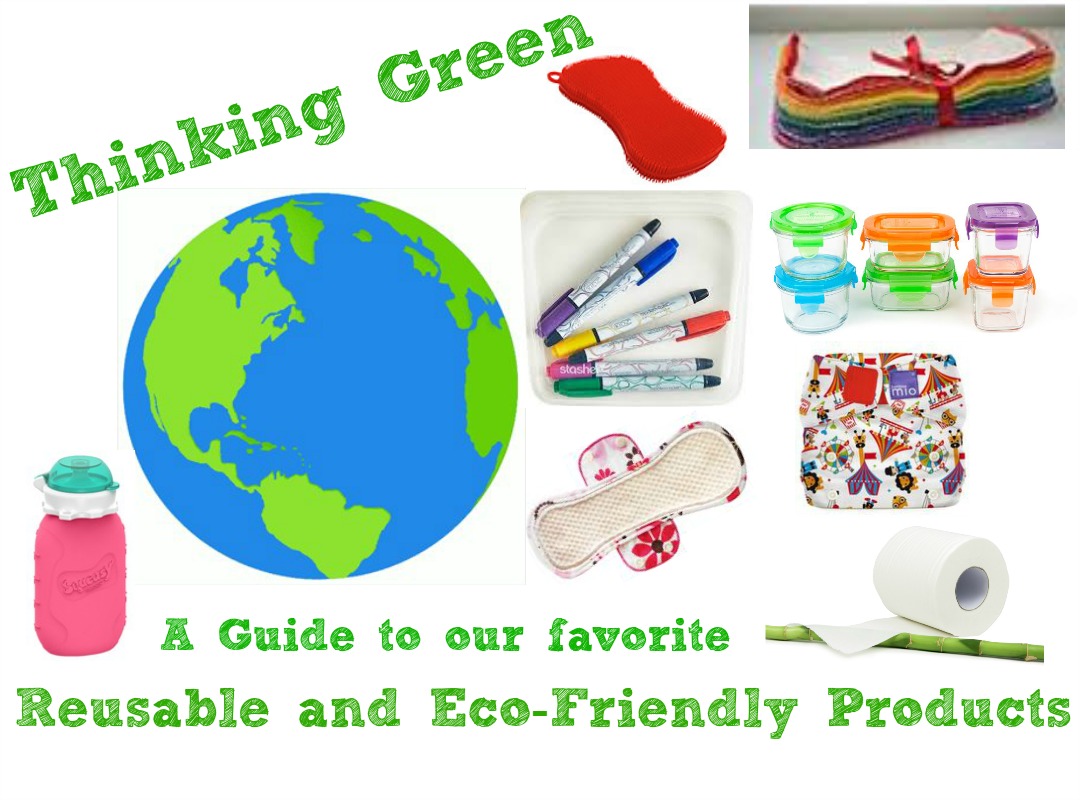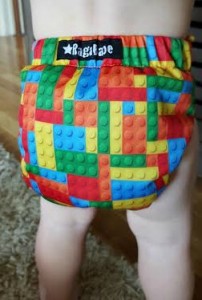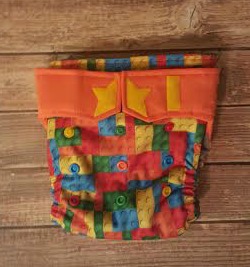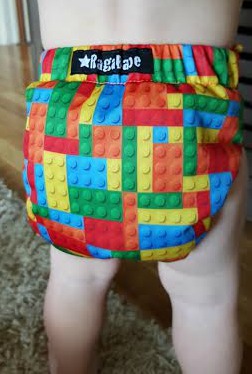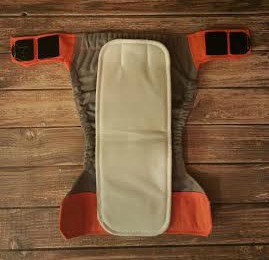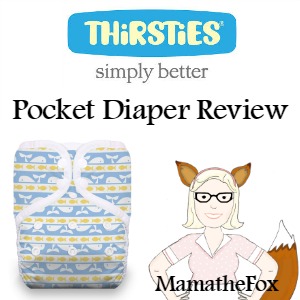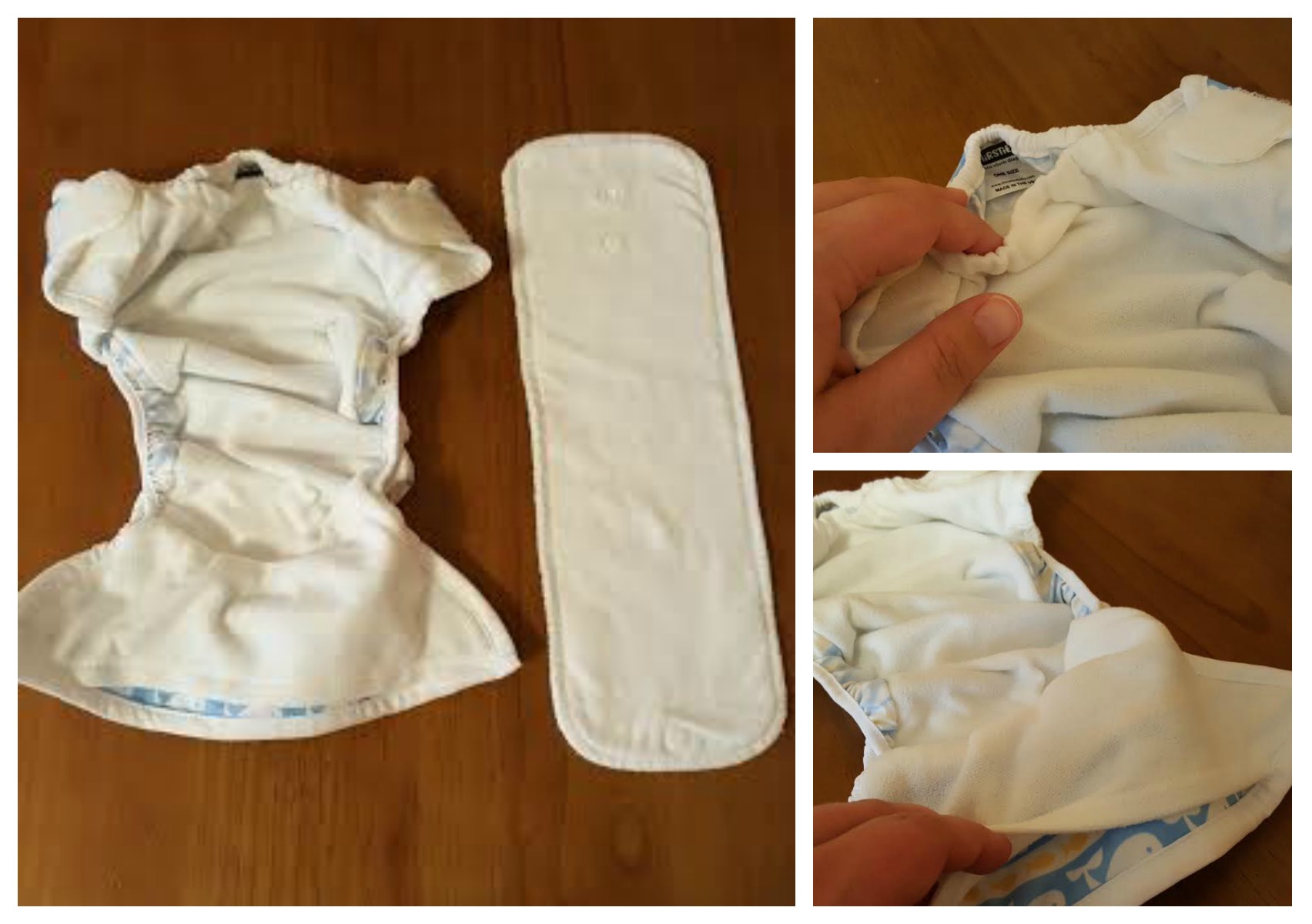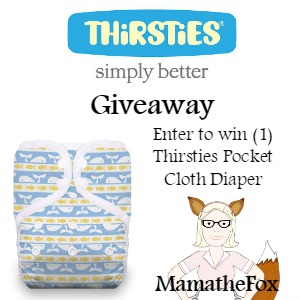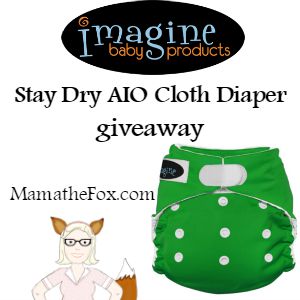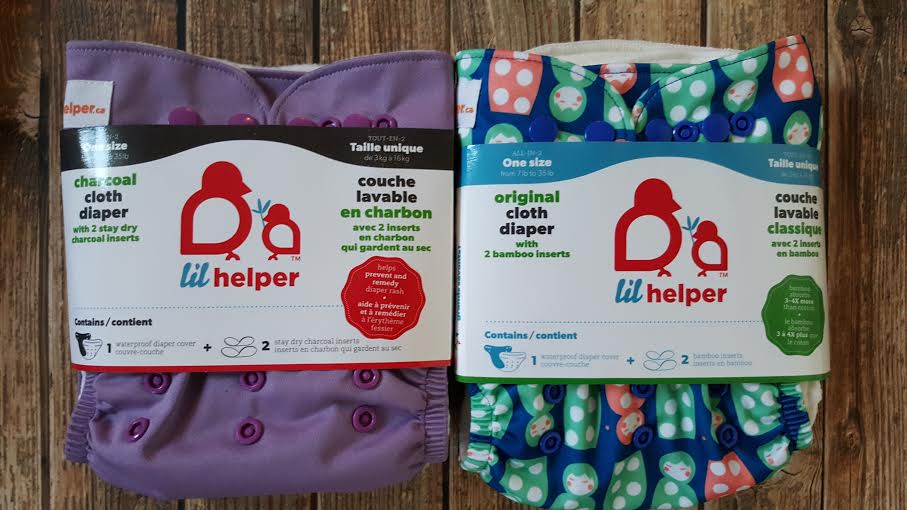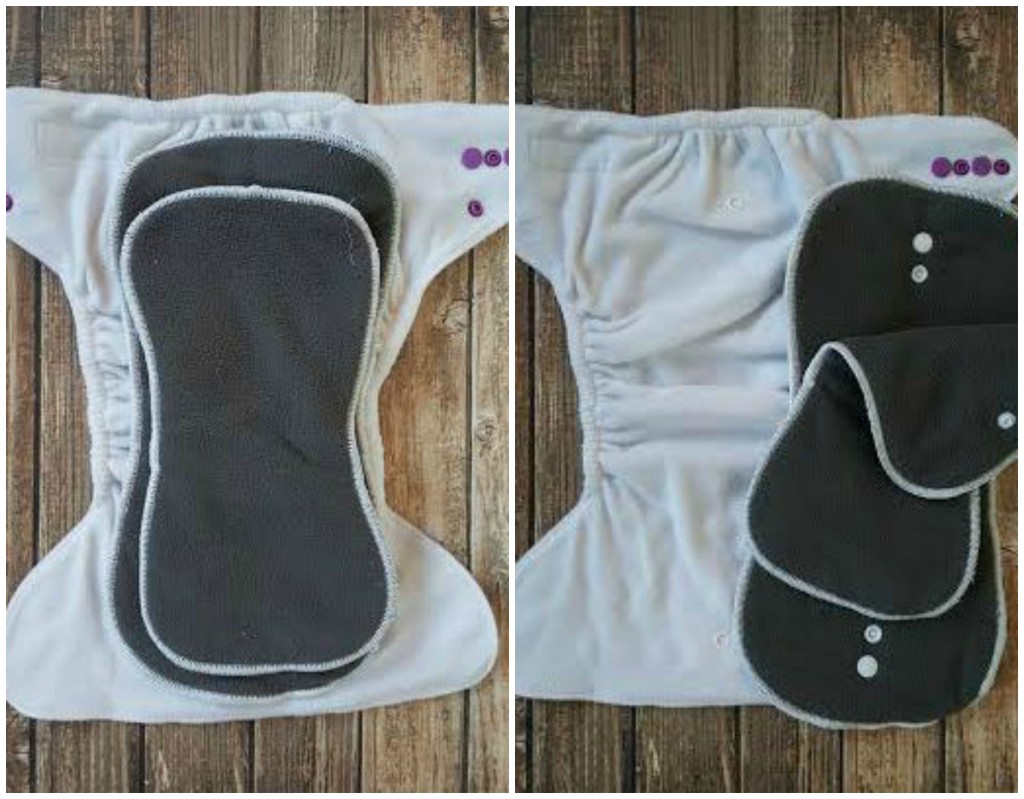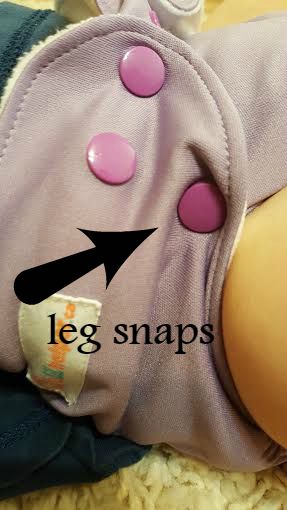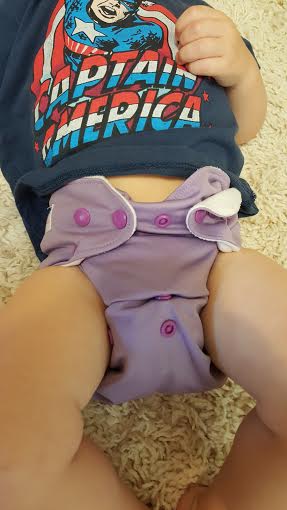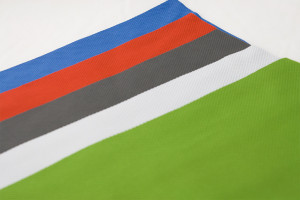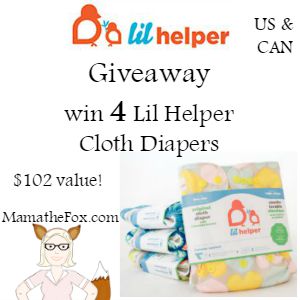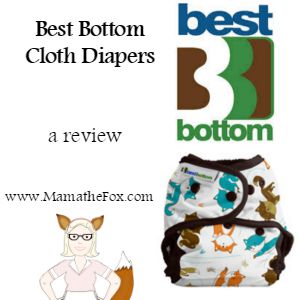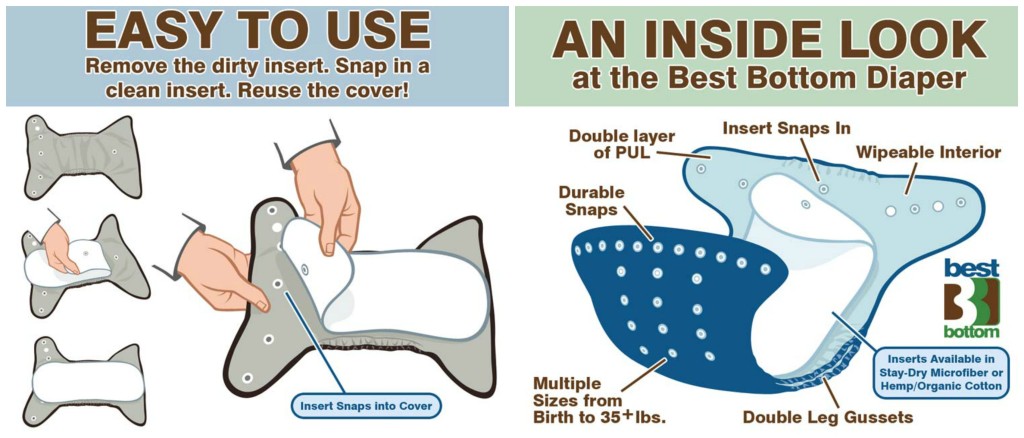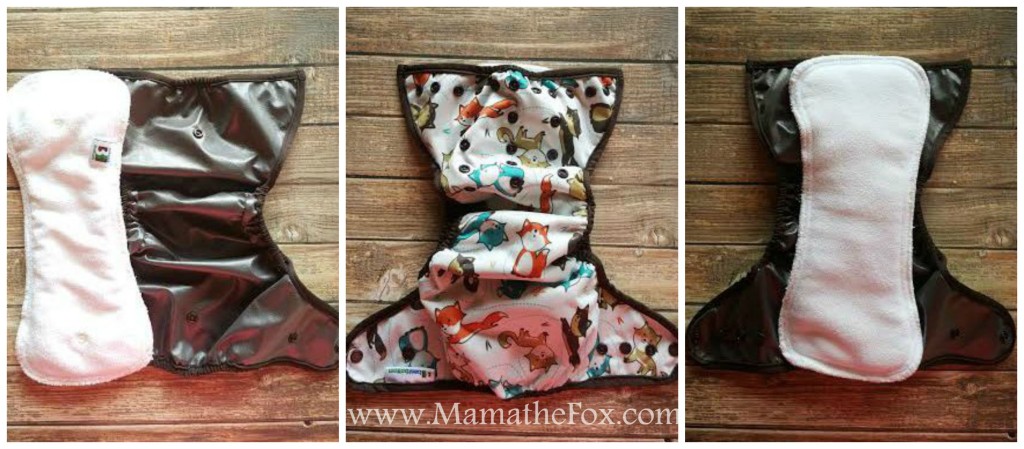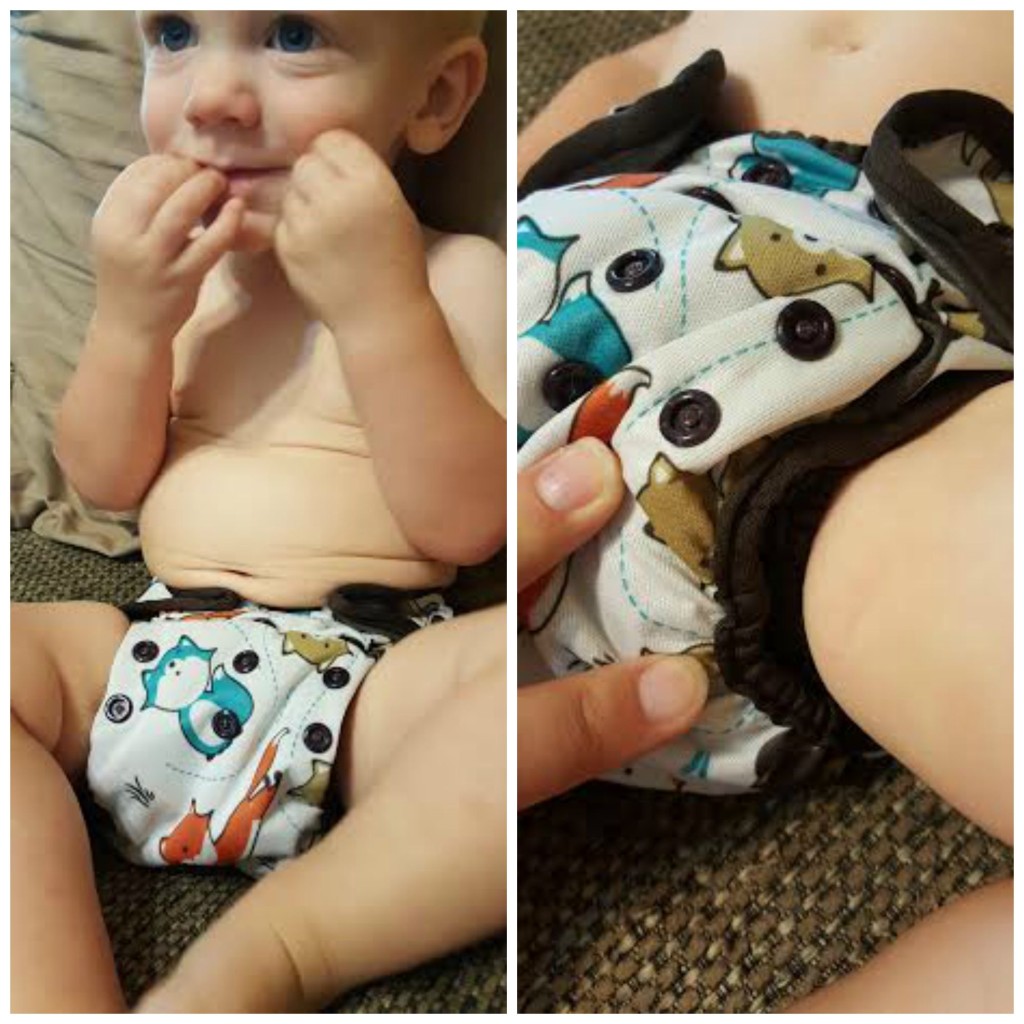In the last 7 years I have slowly started eliminating waste from my everyday life. It began as a way to save money. While transitioning to reusable everyday products I became aware of how wasteful I was. As we know how important it is to look after our planet, potential solutions like one that can be found on sites like http://www.filecenterdms.com that allows people to scan documents digitally instead of using paper are interesting. With people doing their bit to become environmentally friendly, this can make a difference when it comes to reducing waste.
After marriage I was blown away at the amount of garbage two people could create. The desire to “be green” became more important after I became pregnant. It is important to take care of this planet, as there is only one. Whether it is investing in period furniture (which will mean fewer trees are being cut to make new furniture), using solar panels to save energy or eating less meat, making a start in becoming eco-friendly can make a big difference to this planet.
The awareness that if the world didn’t start making drastic changes the future generation would be set up for failure. With that in mind I wanted to share things that I’ve learned, and highlight some of my favorite eco-friendly and reusable products.
I started with the low hanging fruit, I eliminated plastic bags by taking my own reusable shopping bags. I rid my home of paper towels by using paperless towels. Then when pregnant I made the choice to use cloth diapers. Cloth diapers became a gateway into the world of cloth products. They opened my eyes to cloth baby wipes, cloth nursing pads and even cloth menstrual pads. Cloth isn’t always the answer but substituting bamboo is also a great option. Bamboo is one of nature’s most sustainable and renewable resources making it a perfect substitution for paper and wood products.
I am not waste-free, but I try to think green and be conscious of the chemicals I expose my family to. I want to teach my daughter to respect our planet and I strive to be a good example for her.
For those of you who feel the same way, but are not sure where to start, I have developed this list of facts on disposable vs reusable and discuss my favorite reusable products. These items are simple to replace in your everyday life.
Paperless Towels vs. Paper Towels
The Facts About Paper Towels: 13 billion pounds of paper towels are used each year. That’s over 45 pounds of paper towels per person, per year. Paper towels are not recyclable since they don’t contain much fiber, making them purely waste. This waste adds up to 254 million tons of trash globally each year.
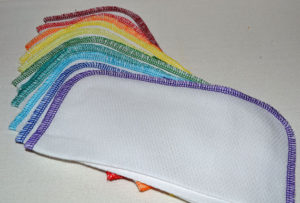 Why Choose Paperless Towels: When I decided to make the switch to reusable products, paper towels and napkins were the first items I replaced. I use Gina’s Soft Cloth Shop Paperless Towels for everything, drying hands, mopping up spills and cleaning up my messy 19 month old after meals. As far as cleaning up messes, paperless towels are far superior to paper. Gina’s Soft Cloth Shop’s high quality towels will last you a long time, simply wash and reuse! Read a full review here.
Why Choose Paperless Towels: When I decided to make the switch to reusable products, paper towels and napkins were the first items I replaced. I use Gina’s Soft Cloth Shop Paperless Towels for everything, drying hands, mopping up spills and cleaning up my messy 19 month old after meals. As far as cleaning up messes, paperless towels are far superior to paper. Gina’s Soft Cloth Shop’s high quality towels will last you a long time, simply wash and reuse! Read a full review here.
Purchase Gina’s Soft Cloth Shop Paperless Towels HERE
Reusable Food/Drink Pouches vs. Disposable Food/Drink Pouches
The Facts About Disposable Food/Drink Pouches: An estimated 15 billion disposable pouches ended up in landfills in 2016. These food and drink pouches are not recyclable through your local recycling program, some can be mailed into a Terracycle program. Less than 14% of disposable pouches get recycled. Another downside to these pouches is you can’t see what is inside. Already this year there have been recalls on a few brands of food pouches due to botulism risk and mold.
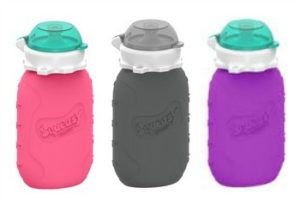 Why Choose Reusable Food Pouches: I prefer the Squeasy Gear Snacker over disposable pouches for many reasons. First these snackers can be used over and over, saving me so much money. Second, I know exactly what is going into them. I enjoy making my own purees or filling them with applesauce, yogurt, smoothies, even just water and using them as a sippy cup. Squeasy Gear Snackers are made of 100% food grade silicone and are mess free. Squeeze it, flip it upside down, no drips, no leaks. Read a full review here.
Why Choose Reusable Food Pouches: I prefer the Squeasy Gear Snacker over disposable pouches for many reasons. First these snackers can be used over and over, saving me so much money. Second, I know exactly what is going into them. I enjoy making my own purees or filling them with applesauce, yogurt, smoothies, even just water and using them as a sippy cup. Squeasy Gear Snackers are made of 100% food grade silicone and are mess free. Squeeze it, flip it upside down, no drips, no leaks. Read a full review here.
Purchase Squeasy Gear Snackers HERE
Silicone Storage Bags vs. Plastic Storage Bags
The Facts About Plastic Storage Bags: Every year, the average person uses nearly one pound worth of plastic sandwich bags. Doesn’t sound like much, but that’s a total of 540 plastic bags that are only used once. In the U.S. 20 million plastic sandwich bags end up in landfills every day.
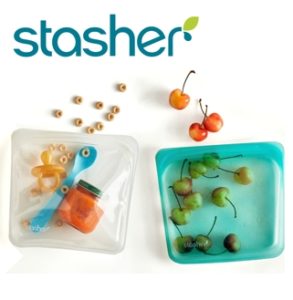 Why Choose Silicone Storage Bags: Since I found Stasher I can pack my lunches and snacks guilt free. Stasher Storage Bags are made of pure food grade silicone and are made to out live a plastic bag. A strong press seal gives these bags an airtight seal. These bags are not only easy to open and close, but they actually stay closed! Stasher Bags are freezer safe, microwave safe and dishwasher safe. Don’t limit Stasher Bags to the lunch box. These are perfect for travel, school supplies, small toys and so much more.
Why Choose Silicone Storage Bags: Since I found Stasher I can pack my lunches and snacks guilt free. Stasher Storage Bags are made of pure food grade silicone and are made to out live a plastic bag. A strong press seal gives these bags an airtight seal. These bags are not only easy to open and close, but they actually stay closed! Stasher Bags are freezer safe, microwave safe and dishwasher safe. Don’t limit Stasher Bags to the lunch box. These are perfect for travel, school supplies, small toys and so much more.
Purchase Stashers Storage Bags HERE
Glass Food Storage Containers vs. Plastic Food Storage Containers
The Facts About Plastic Food Storage Containers: Plastic containers don’t last forever. The more you heat and cool your plastic food storage the faster the chemicals break down, leaching into your food. Heating your food in plastic containers will leach chemicals 55% faster than normal. Just because your plastic container is recyclable doesn’t mean it’s food safe. I never knew the numbers on the plastic containers indicate how food safe they are, and that some plastic containers are safer than others when it comes to food.
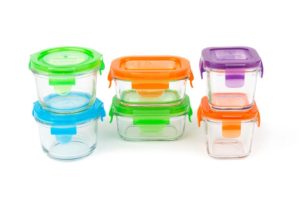 Why Choose Glass Food Storage Containers: You don’t have to worry about chemicals touching your food when using glass containers. I use Wean Green Glass containers they are 4-5 times stronger than regular glass. Wean Green Glass containers have a silicone seal to lock in freshness and prevent leaks. They are microwave, dishwasher and freezer safe. Wean Green containers come in different sizes and shapes making them perfect for snacking on the go. Wean Green is passionate about litterless lunches. A child averages 67 pounds of disposable lunch waste per school year.
Why Choose Glass Food Storage Containers: You don’t have to worry about chemicals touching your food when using glass containers. I use Wean Green Glass containers they are 4-5 times stronger than regular glass. Wean Green Glass containers have a silicone seal to lock in freshness and prevent leaks. They are microwave, dishwasher and freezer safe. Wean Green containers come in different sizes and shapes making them perfect for snacking on the go. Wean Green is passionate about litterless lunches. A child averages 67 pounds of disposable lunch waste per school year.
Purchase Wean Green’s Glass Food Containers HERE
Silicone Kitchen Sponge vs. Disposable Kitchen Sponge
The Facts About Disposable Kitchen Sponges: The common disposable kitchen sponge is typically made of cellulose fiber, which is soaked in chemicals and then blended with sodium sulphate crystals and hemp fiber. When heated, the sodium sulphate crystals dissolve, leaving the holes and gaps commonly seen in sponges. Your disposable kitchen sponge can breed bacteria and it is recommended to replace your disposable sponge every 30 uses and it is not recyclable.
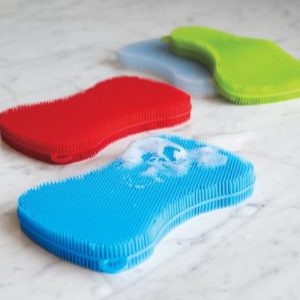 Why Choose a Silicone Kitchen Sponge: Kuhn Rikon’s Stay Clean Scrubber is made of food grade silicone and is BPA free. It is non-porous so it wont harbor bacteria or hold onto odors and can easily be tossed into the dishwasher to be sanitized. Kuhn Rikon’s Stay Clean Scrubber is safe to use on non-stick cookware as well as on all kitchen surfaces. It is so durable you will be able to safely use this sponge longer than a traditional sponge. The Stay Clean Scrubber also doubles as a lint brush, removing lint and hair when used dry. Read a full review here.
Why Choose a Silicone Kitchen Sponge: Kuhn Rikon’s Stay Clean Scrubber is made of food grade silicone and is BPA free. It is non-porous so it wont harbor bacteria or hold onto odors and can easily be tossed into the dishwasher to be sanitized. Kuhn Rikon’s Stay Clean Scrubber is safe to use on non-stick cookware as well as on all kitchen surfaces. It is so durable you will be able to safely use this sponge longer than a traditional sponge. The Stay Clean Scrubber also doubles as a lint brush, removing lint and hair when used dry. Read a full review here.
Purchase Kuhn Rikon’s Stay Clean Scrubber HERE
Cloth Diaper vs. Disposable Diapers
The Facts About Disposable Diapers:If you have a child in diapers you will go through an estimated 2,920 (8 diapers a day) per year. It takes 9 gallons of water to produce 1 disposable diaper. Worst of all it takes an estimated 250-500 years for a disposable diaper to decompose. Adding up to the 3rd largest consumer item in landfills. Disposable diapers contain toxic chemicals, drying agents, dyes and fragrances.
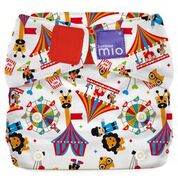 Why Choose to Cloth Diaper: To cloth diaper a child from birth to potty training takes about 24 diapers. Talk about significantly less waste. Bambino Mio diapers will grow with your baby thanks to their 3 rise settings and adjustable velcro style closure to get a perfect fit on the waist. Cloth diapers use super absorbent fabric to keep your baby dry instead of chemical gels used in disposables. The fabric alone allows more airflow to your baby, lowering the risk of diaper rash. Modern Cloth Diapers are fashionable. You wont find anything cuter than Bambino Mio’s prints.
Why Choose to Cloth Diaper: To cloth diaper a child from birth to potty training takes about 24 diapers. Talk about significantly less waste. Bambino Mio diapers will grow with your baby thanks to their 3 rise settings and adjustable velcro style closure to get a perfect fit on the waist. Cloth diapers use super absorbent fabric to keep your baby dry instead of chemical gels used in disposables. The fabric alone allows more airflow to your baby, lowering the risk of diaper rash. Modern Cloth Diapers are fashionable. You wont find anything cuter than Bambino Mio’s prints.
Purchase Bambino Mio Cloth Diapers HERE
Reusable Cloth Pads vs. Maxi Pads
The Facts About Maxi Pads:Maxi pads are made of bleached rayon, cotton and plastics with added fragrances and chemicals used to absorb the menstrual flow. Most contain hazardous ingredients including dioxins, pesticide residues, unknown fragrance chemicals as well as adhesive chemicals. Approximately twelve billion pads and 7 million tampons end up in a landfill each year and that’s not including the individual wrapping they each come in.
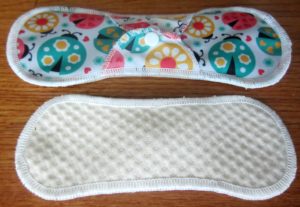 Why Choose Reusable Cloth Pads: Bummis Fabulous Flo Pads are non toxic and a eco-friendly choice compared to pads. Made in Canada with a soft breathable organic cotton fabric manufactured in the USA. The Fabulous Flo Pads are super absorbent with a waterproof backing. Washing is easy, I rinse with my diaper sprayer after use and throw in with my diaper laundry. No diaper laundry, you can rinse well and add to your regular laundry. I air dry to help keep their shape and sunning will help with any stains. After reading about the chemicals in disposable pads, cloth pads is my new preference for myself and one day for my daughter.
Why Choose Reusable Cloth Pads: Bummis Fabulous Flo Pads are non toxic and a eco-friendly choice compared to pads. Made in Canada with a soft breathable organic cotton fabric manufactured in the USA. The Fabulous Flo Pads are super absorbent with a waterproof backing. Washing is easy, I rinse with my diaper sprayer after use and throw in with my diaper laundry. No diaper laundry, you can rinse well and add to your regular laundry. I air dry to help keep their shape and sunning will help with any stains. After reading about the chemicals in disposable pads, cloth pads is my new preference for myself and one day for my daughter.
Purchase Bummis Fabulous Flo Pads HERE
Tree-Free Bath Tissue vs. Toilet Paper
The Facts About Toilet Paper: Humans consume 27,000 trees daily to make toilet paper and each roll takes 37 gallons of water. Speaking of water, I still need to purchase a new toilet for my bathroom. It has been leaking slightly and there is a small crack in the side, which I no doubt think will get worse as time goes on. One of my friends said that the leak is concerning. She said that when a toilet leaks, it can sometimes indicate that there are some problems with the sewer system in the house. She suggested that I consider reading about trenchless pipe lining to replace my old pipe with a new one, without having to dig up the whole garden! Maybe we’ll look into that if the leak worsens. For now, I’ve done some research and have come across a kohler wellworth toilet review, which did help me make my decision as to what I am going to replace my old toilet with. Plus, if this new toilet that I am considering getting helps me save on water consumption, then that is even better. Anything that I can do to play my part in being eco-friendly is something worth doing. Anyway, back to the use of toilet paper. On average Americans use 57 squares of toilet paper a day, which adds up to 50 pounds annually. The United States uses more toilet paper per year than any other country in the world. These are daunting facts that leave me looking for other options.
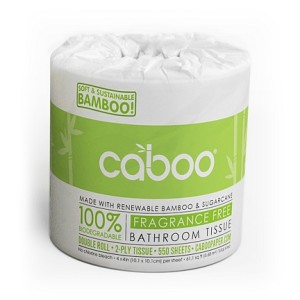 Why Choose Tree-Free Bath Tissue: I can make the switch to cloth alternatives for many items but toilet paper is not one of them. So the best option for my family and the most eco-friendly option is Tree-Free Bath Tissue by Caboo. Tree-Free Bath Tissue is made from 100% Bamboo and Sugarcane pulp. Bamboo is the worlds fastest growing plant and can regenerate without the need of replanting making it also one of the most renewable resources on the plant. Caboo’s Tree-Free Bath Tissue is dependently strong and extremely soft, as well as, Enviormently Healthy, Biodegradable, and safe for septics. Read the full review here.
Why Choose Tree-Free Bath Tissue: I can make the switch to cloth alternatives for many items but toilet paper is not one of them. So the best option for my family and the most eco-friendly option is Tree-Free Bath Tissue by Caboo. Tree-Free Bath Tissue is made from 100% Bamboo and Sugarcane pulp. Bamboo is the worlds fastest growing plant and can regenerate without the need of replanting making it also one of the most renewable resources on the plant. Caboo’s Tree-Free Bath Tissue is dependently strong and extremely soft, as well as, Enviormently Healthy, Biodegradable, and safe for septics. Read the full review here.
Purchase Caboo’s Tree-Free Bath Tissue HERE
Sources: Small Footprint Family Earth 911 Nurtured Family Soft Schools Southeast Green Reference Angies List The Soft Landing Raising Natural Kids Menstruation.com Plan Money Crashers Climate Kids Healthy Child Awesome Beginnings 4 Children
This article was inspired by Earth Day and treating each day as it’s own Earth Day. Be sure to enter our giveaway that run April 16th – April 30 to win some of these amazing products.
